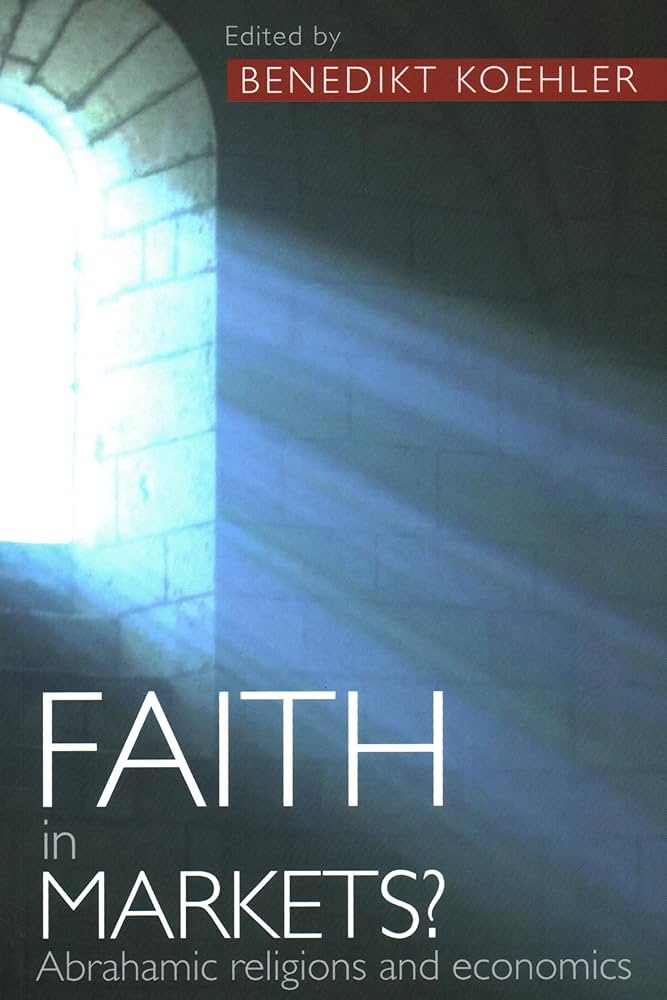
In Faith in Markets, Benedikt Koehler (PhD), a fellow of the Institute of Economic Affairs, has brought together a series articles that consider the ways in which Christianity, Judaism and Islam have encouraged adherents ‘towards behaviours that tended to market economics’ (page 7). The collection discusses the three major Abrahamic faiths and also a contains […]
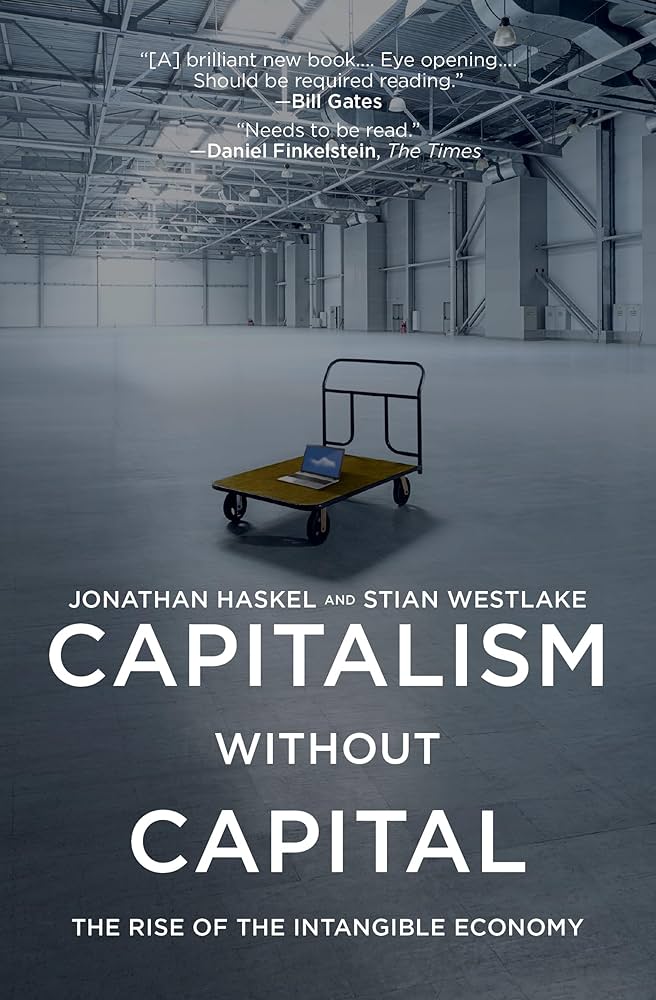
“Capitalism Without Capital” is an ambitious attempt to go beyond the regular quasi-investment-type advice and explore some of the more profound trends that have occurred in the macro landscape of (mostly) developed western markets. The book hones in on one such major trend, that is, the gradual growth and influence of intangible assets in company […]
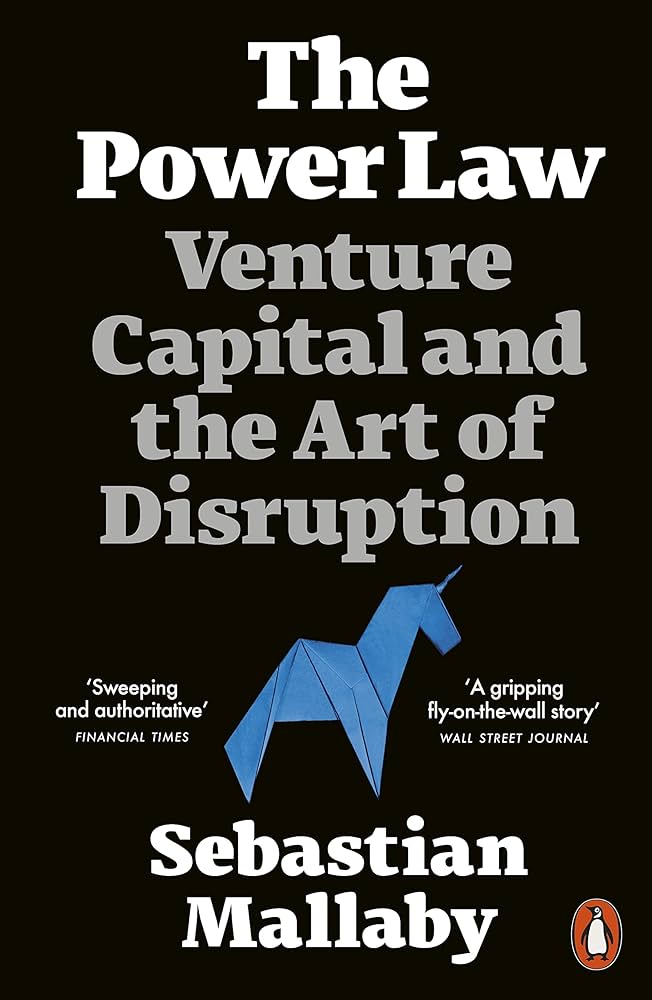
In the UK at least, the public image of the private equity industry is not good: those involved in it are widely regarded as a secretive, avaricious, immoral plutocracy that needs to be reined in. One may, however, wonder how many people know enough about the industry to be able to assess it properly, and […]
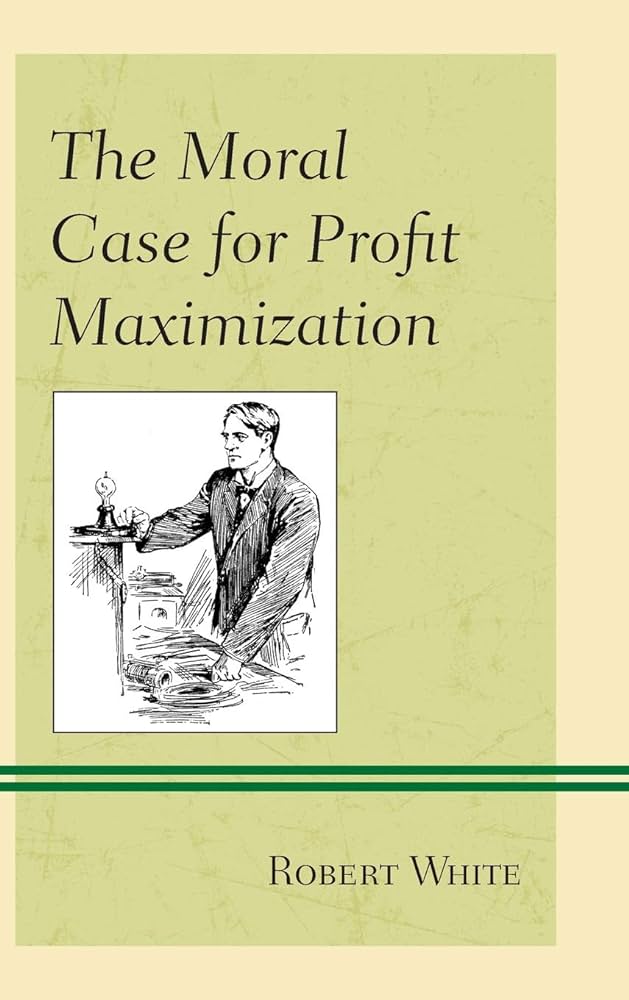
Robert White is dean of faculty and assistant professor of philosophy at the American University in Bulgaria. He was previously Chair and dean of the Faculty of Business. He teaches courses on business ethics and the philosophy of capitalism and has previously written on Adam Smith and also on aspects of the idea of profit. […]
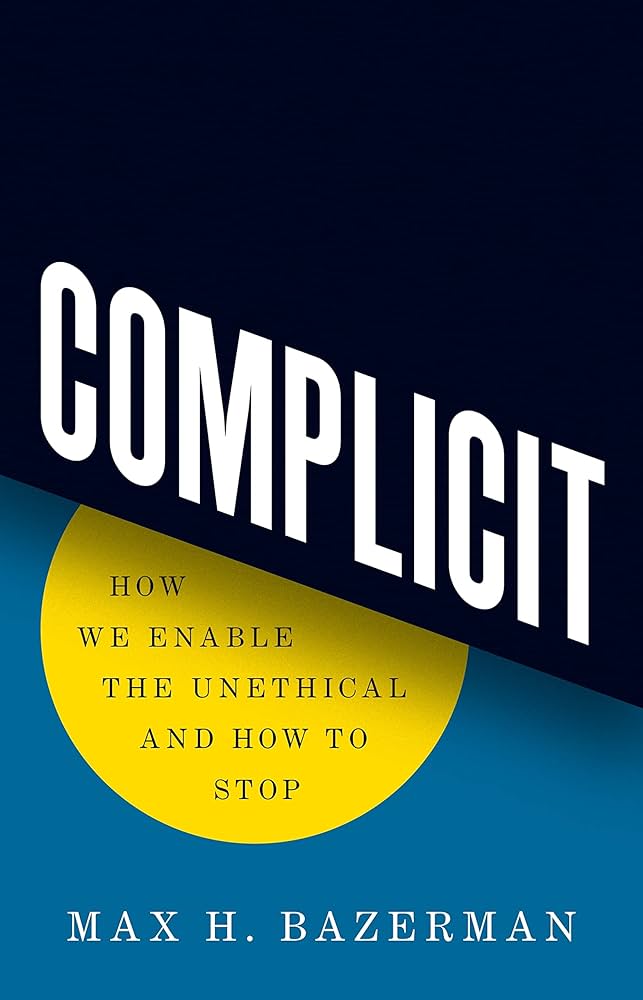
Written by Harvard Business School professor Max Bazerman, Complicit: How We Enable the Unethical and How to Stop is published by Princeton University Press and features glowing praise from notables such as Cass Sunstein and Steven Pinker. Given this background, one expects a far different book than the one that it is. The basic idea […]
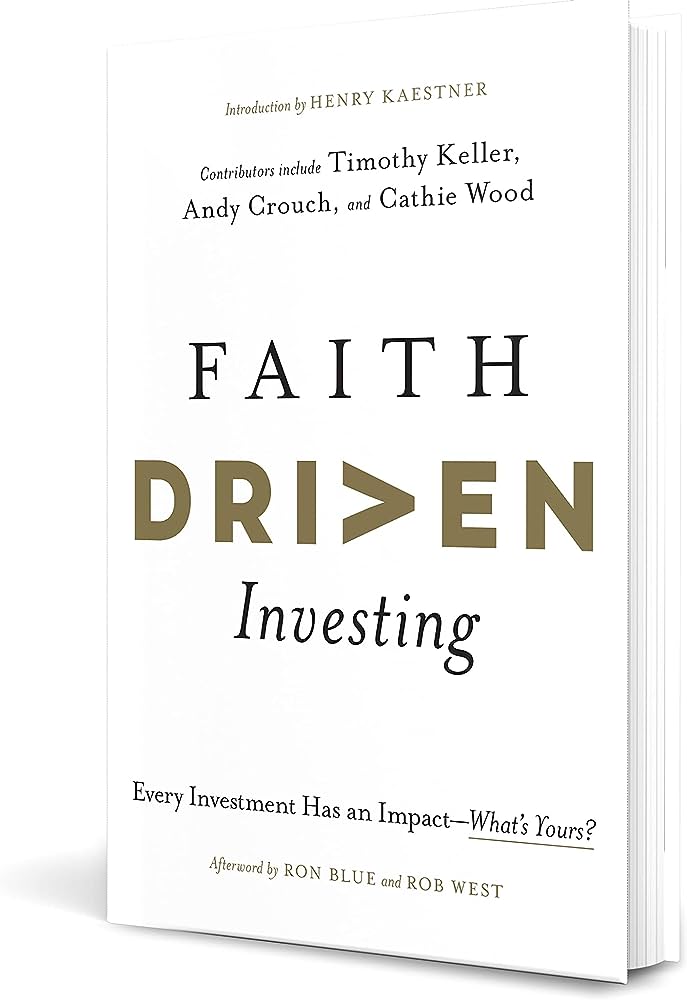
At first glance some readers (myself included), might be mistaken to assume that Faith Driven Investing is another “how to” guide on ethical investing – it is not. In fact, the book has very little to say about investing per say and rather focuses on the “faith driven” investors themselves and the wider role of […]
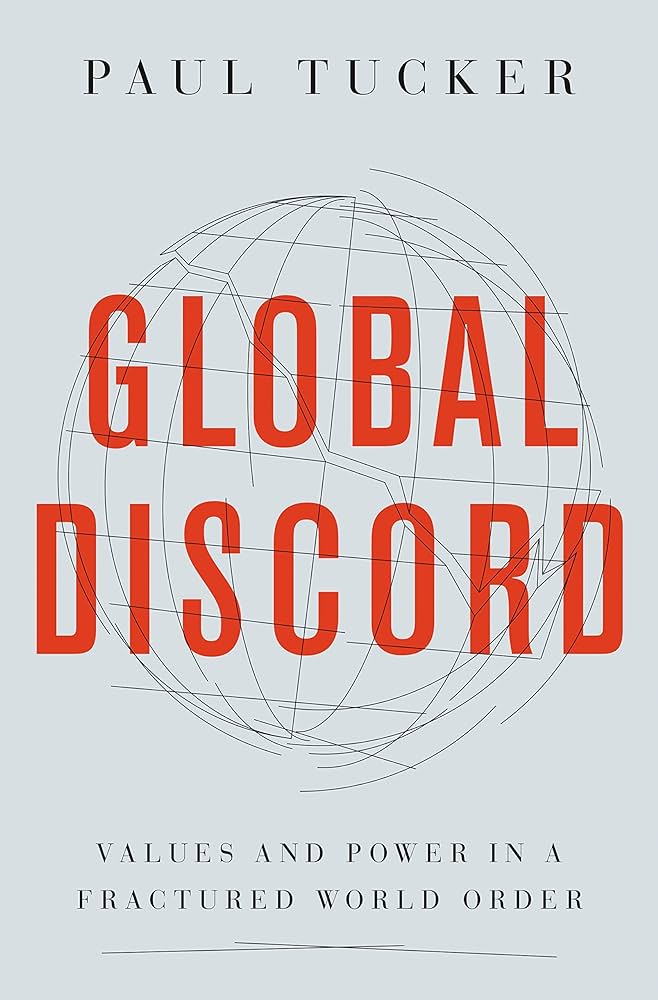
Global Discord does not fit neatly into any of the categories of book that are reviewed on this website. It is not primarily a book about business, capitalism or wealth and poverty. In fact, it is not primarily about economics. However, its focus is on something of crucial importance to all of these things: the […]
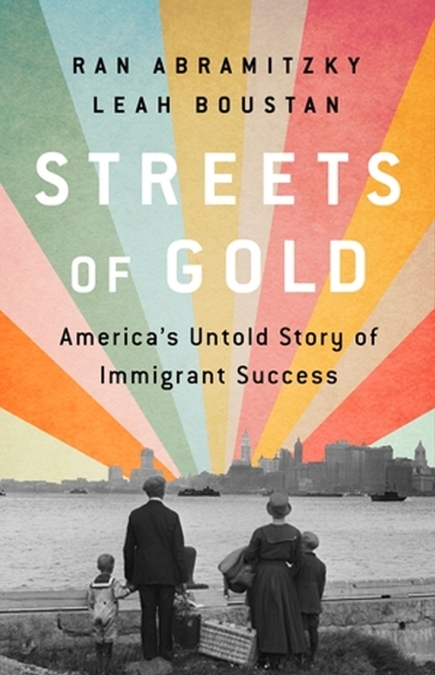
Ran Abramitzky and Leah Boustan provide a compelling, data-driven account of the multigenerational progress of immigrants to the United States in Streets of Gold: America’s Untold Story of Immigrant Success. This book is the result of years of research using ancestry.com data to provide clear evidence on a topic that is often spoken about with […]

Deirdre McCloskey’s Bourgeois Era trilogy comprises a magisterial analysis of the causes of what McCloskey calls “The Great Enrichment” (i.e. the 30+ fold increase in human material wealth since 1800). All three volumes are well worth reading but they are long – 1,700 pages in all – and thus have limited reach. Art Carden has, […]
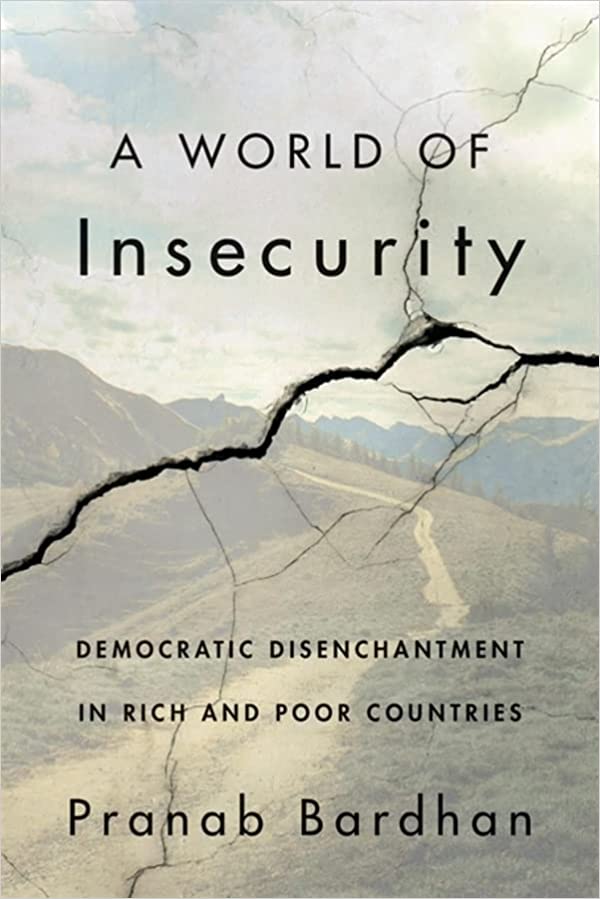
The starting point of a World of Insecurity is that democracy is under threat across the world and that this threat comes from the acts of elected governments themselves and, particularly, from the rise of populist governments. This is becoming a common theme (see, for example, The Economics of Belonging. Bardhan, however, suggests that his […]
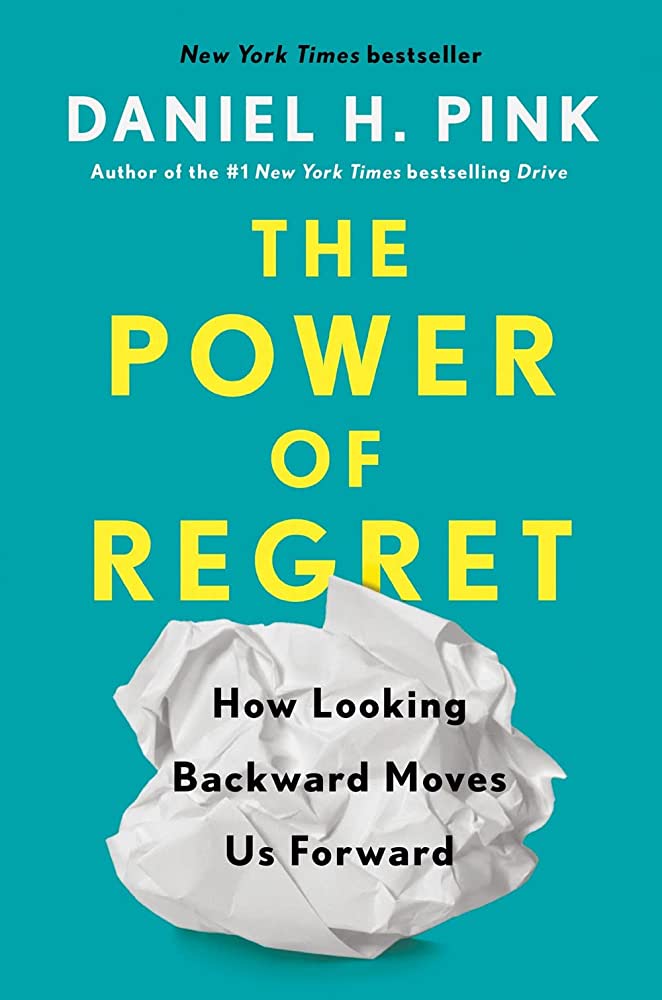
The American social psychology author, Daniel Pink, has written a number of best-selling books concerning human motivation, performance and innovation. The Power of Regret- How looking Backward Moves Us Forward continues the genre and, filled as it is with both anecdote and analysis, is an engaging and enjoyable read. A wide range of people will […]
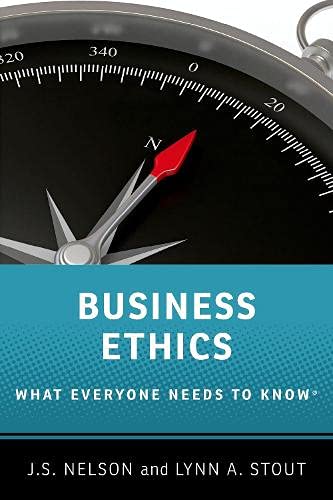
Business Ethics: what everyone needs to know by Josephine Nelson and Lynn Stout brings a distinctive angle to the discussion by interweaving the field of business ethics with components of law and legal practice. It also branches out into wider peripheral subjects such as philosophy, psychology, and organisational management. Josephine Nelson is Professor of Law […]
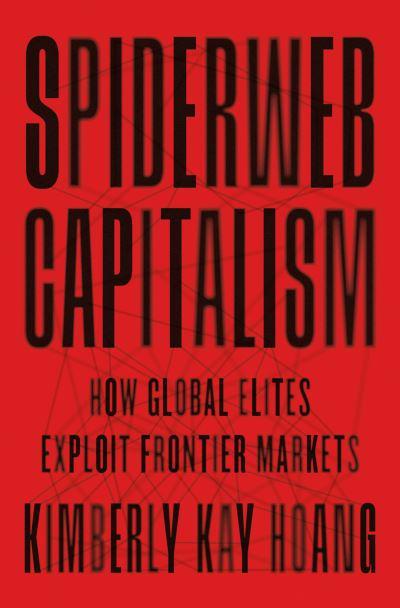
Kimberly Kay Hoang is an Associate Professor of Sociology at the University of Chicago. In Spiderweb Capitalism, she both describes and draws conclusions from her research into the way in which business is conducted in Vietnam and Myanmar. Some of her conclusions do not follow from her findings, her terminology and analysis is laden with […]
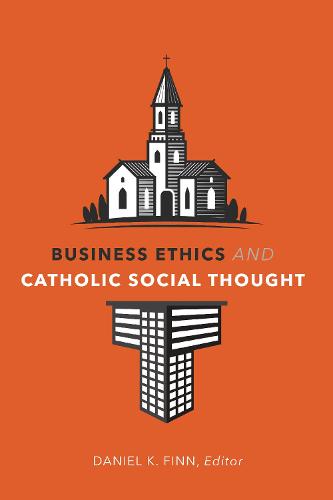
Daniel Finn holds chairs in both Economics and Theology at St John’s University and the College of St Benedict in Minnesota. He is, therefore, both a representative and exponent of the intellectual tradition within Roman Catholic thought that seeks to apply Christian thinking to economics and business. Finn has brought together 12 authors to contribute, […]
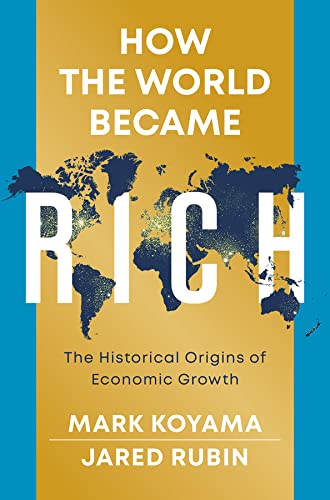
In their recent book How the World Became Rich (published 2022), the economic historians Mark Koyama and Jared Rubin provide an accessible introduction to the best – often competing – explanations for sustained economic growth. The obvious difficulty of this approach is that it can seem scattershot, but Koyama and Rubin weave disparate threads into a […]
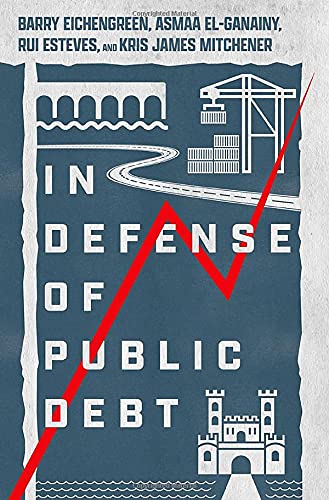
Barry Eichengreen is Professor of Economics and Political Science at the University of California, Berkeley. His economic and economic history research focuses on monetary and financial systems, and he is an author of over 20 books, among them Golden Fetters: The Gold Standard and the Great Depression, 1919–1939, Globalizing Capital: A History of the International […]
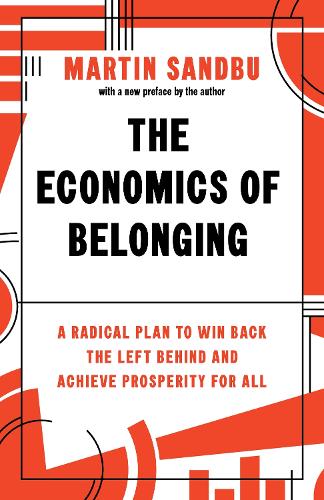
Martin Sandbu’s basic thesis in The Economics of Belonging is simple: Western liberal democracy (essentially, the post Second World War socio-economic model) is under threat from within, owing to a significant proportion of western electors losing confidence in it; this loss of confidence is caused by the erosion of a sense of economic belonging, which […]
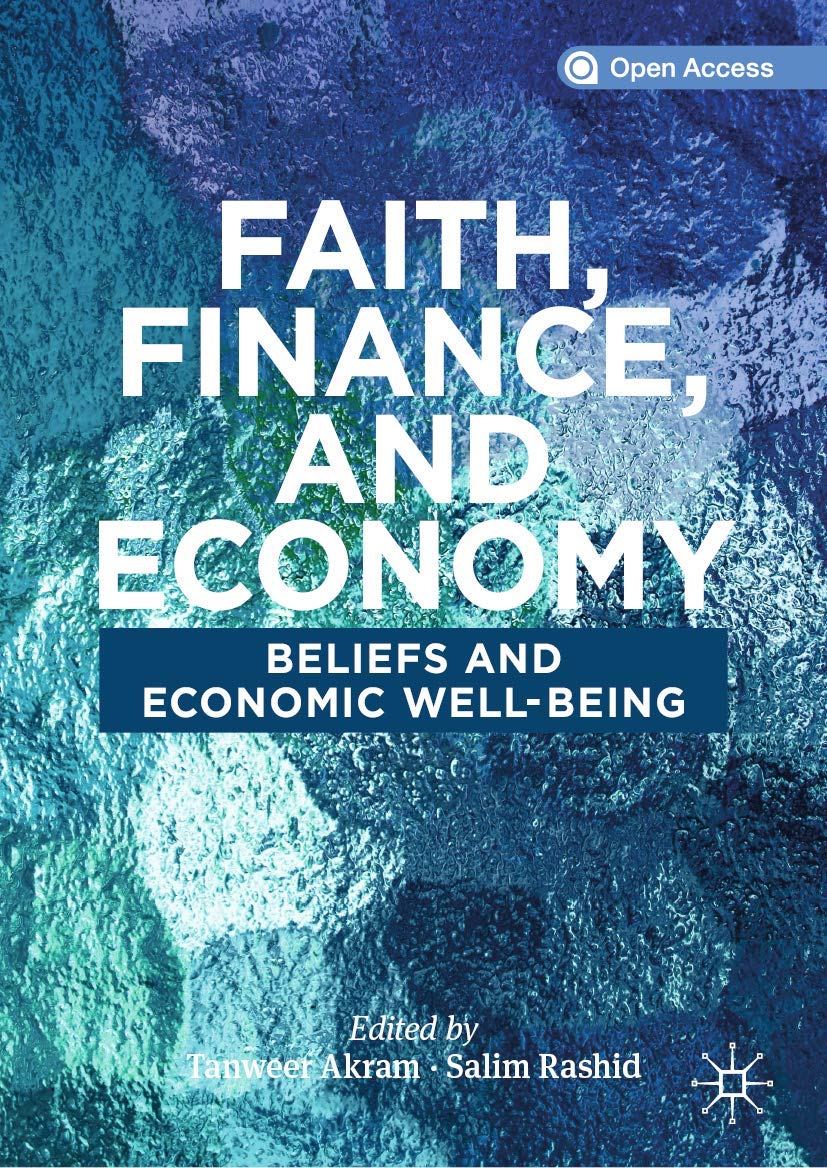
Faith, Finance, and Economy is a collection of essays broadly related to the relationship between faith and financial or economic matters. The editors state that their overall aim “is to convince the reader that faith and finance are not disjoint entities” (page 3). They do this by serving up a collection of essays that provide […]

Ethical Machines by Reid Blackman is one of the more recent books published that seek to make sense of the intersection between the domain of artificial intelligence, machine learning and the moral questions associated with the use of these technologies. This being all applied within the context of a company and its use of AI. […]

Much of The Biblical Entrepreneur’s Experience comprises a rather simplistic and selective use of scripture to support a particular world-view, namely a North American free market system. As such, it could almost be categorised as espousing a prosperity gospel, in which correctly following biblical methods will necessarily bring success in business (see Chapter 2 for […]
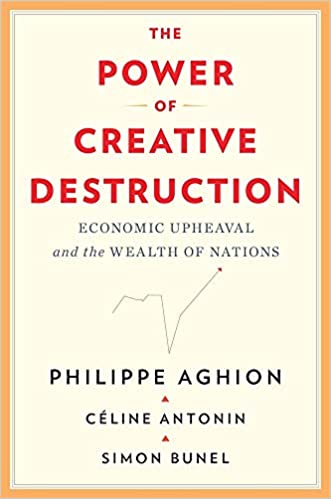
French economist Philippe Aghion has long been associated with the model of growth through creative destruction – the so-called “Schumpeterian Paradigm”. In The Power of Creative Destruction he, together with his two French co-authors, seeks to summarise this paradigm and explain its implications. The authors believe, surely correctly, that “innovation and the diffusion of knowledge […]
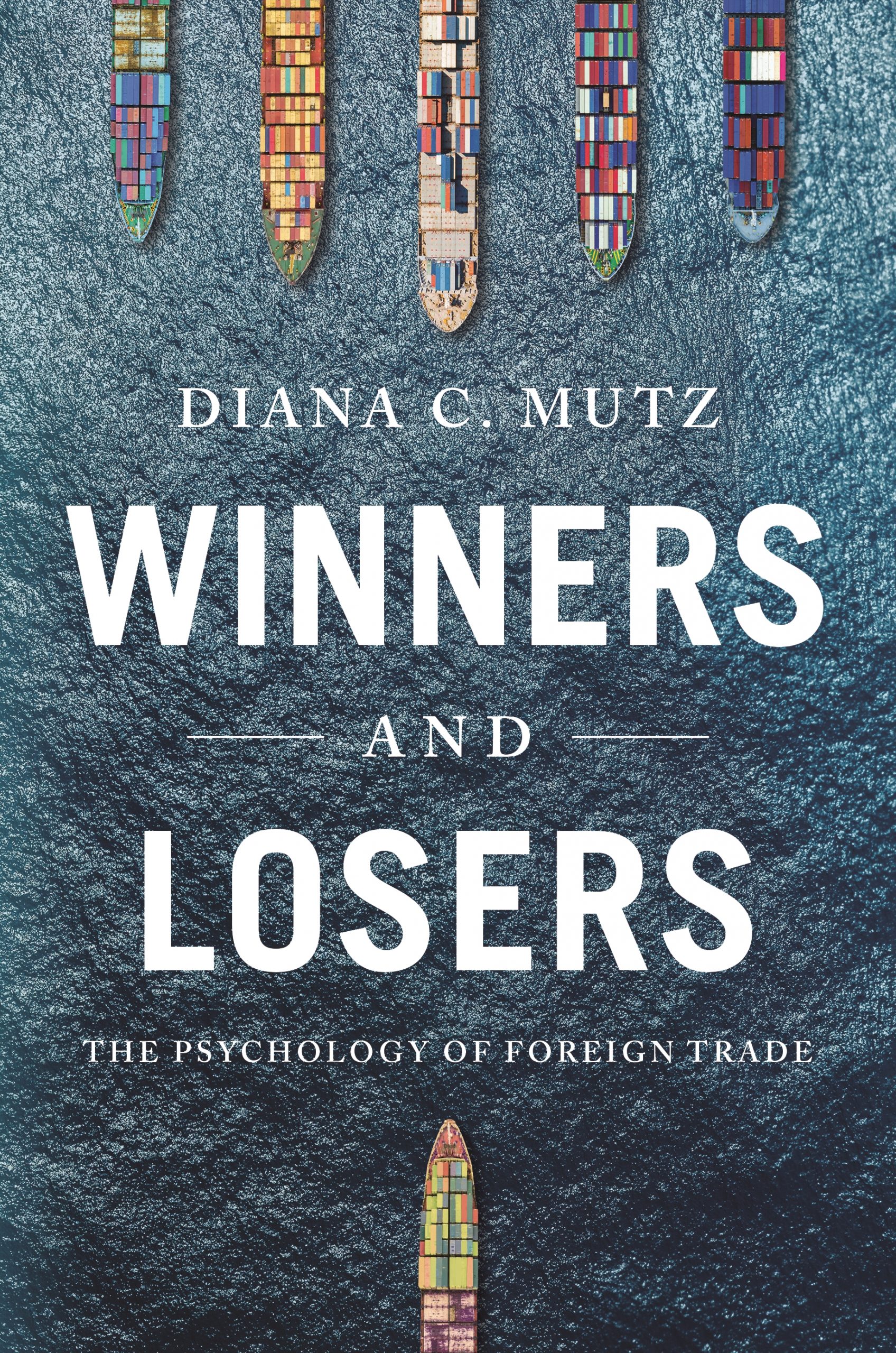
Thomas Macaulay observed that “Free trade, one of the greatest blessings which a government can confer on a people, is in almost every country unpopular.”. There is plenty of evidence to support this assertion but the reason for public hostility is less clear. What is it that impacts public opinion about trade and why is […]
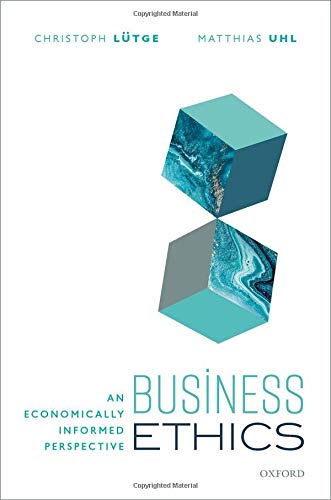
Some of the toughest and most complex challenges faced by businesses and corporations in today’s world involve ethics and morality. This is in part why the study of business ethics has now become central in MBA and other programmes. But the very complexity of these challenges, in an increasingly pluralized as well as globalized world, […]
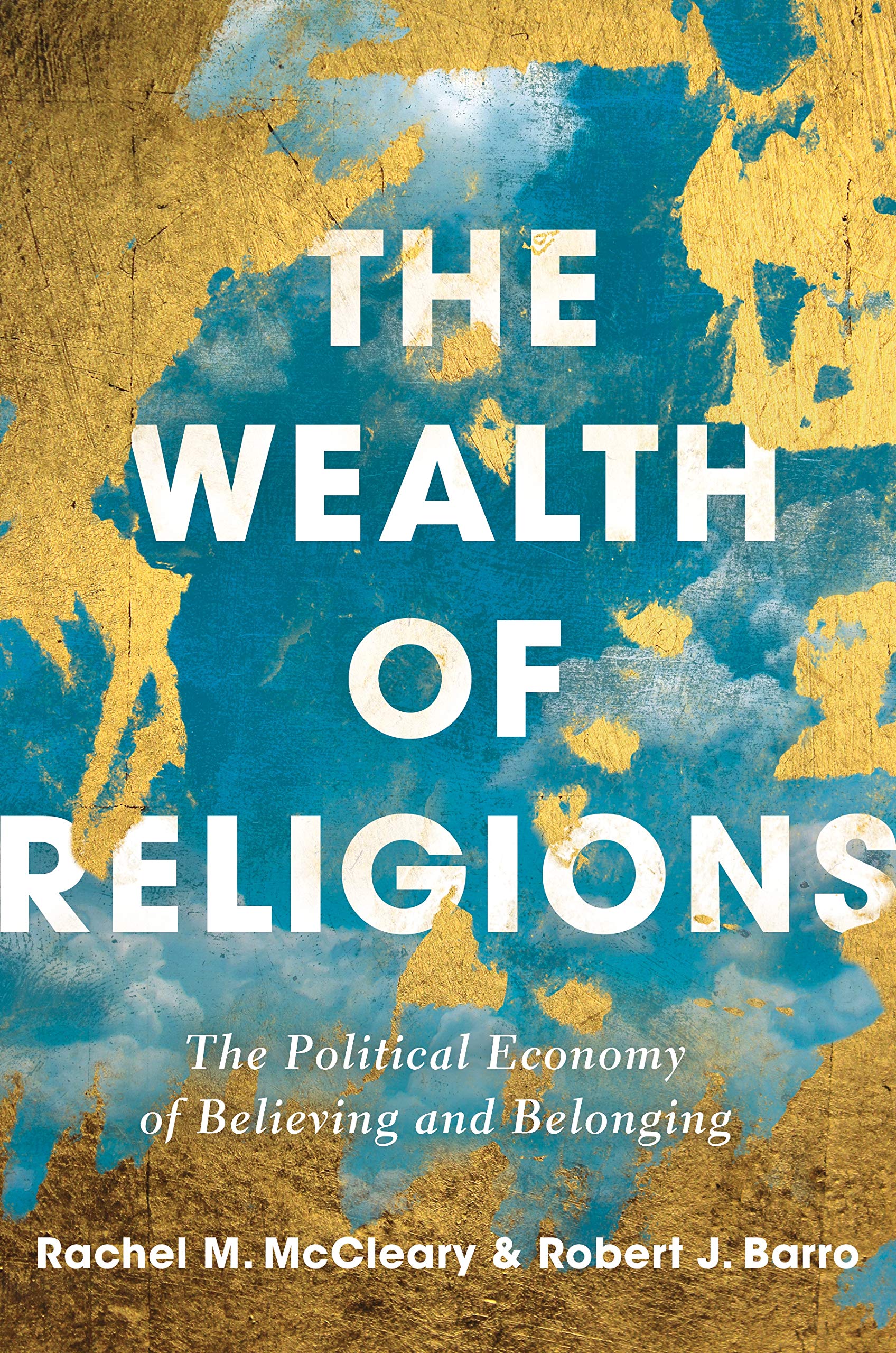
The Wealth of Religions is an unusual book. It is subtitled, “The Political Economy of Believing and Belonging” and its authors, one an economist and the other a moral philosopher (who, as it happens, are married to one another), seek to present a multidisciplinary approach to issues at the interface between religion and economics. They […]
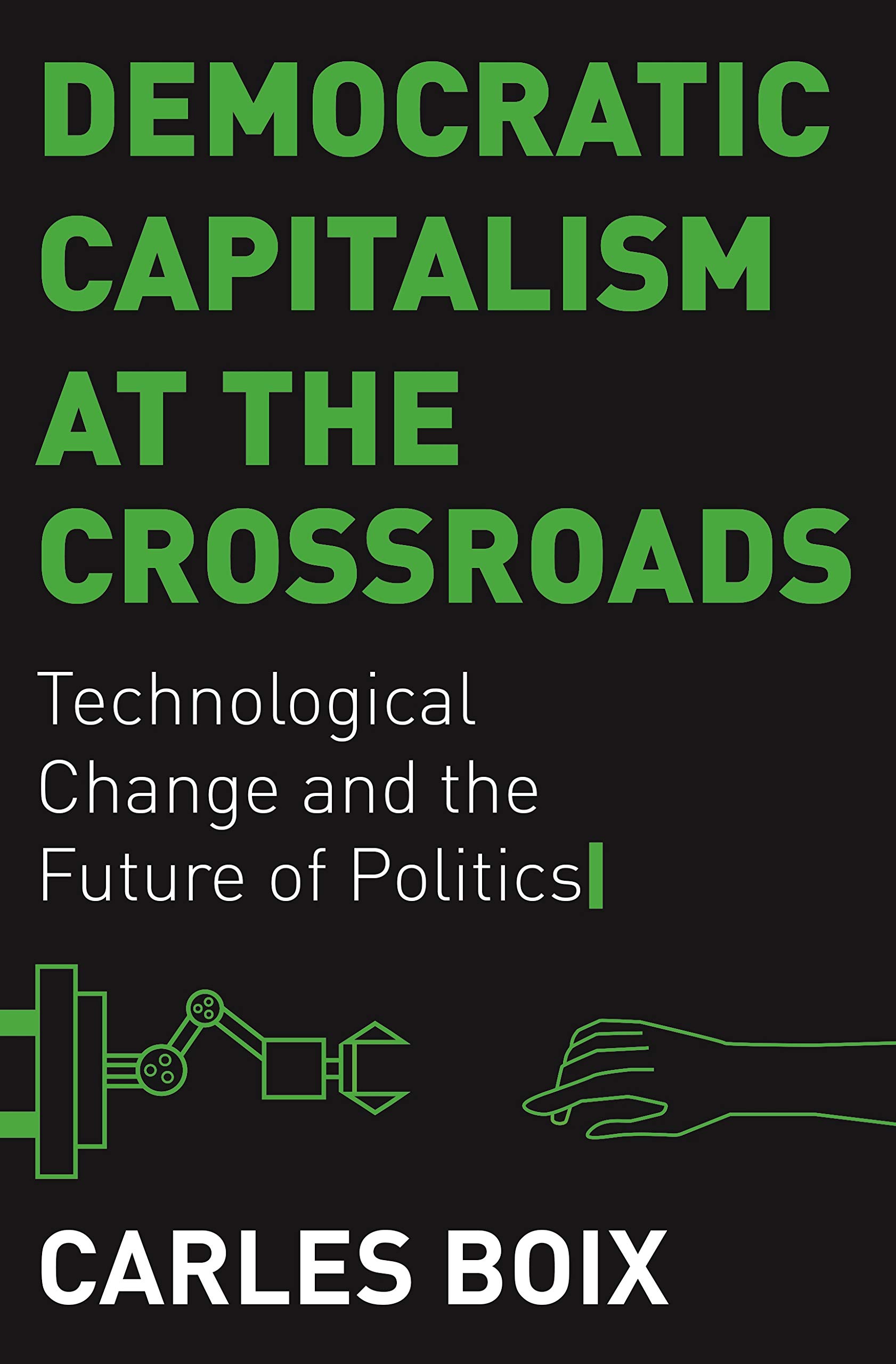
Charles Boix is Professor of Politics and Public Affairs at Princeton University. His primary research interests are in political economy and comparative politics, with a particular emphasis on empirical democratic theory. Previous notable publications include Political Parties, Growth and Equality (Cambridge University Press, 1998), Democracy and Redistribution (Cambridge University Press, 2003), and Political Order and […]
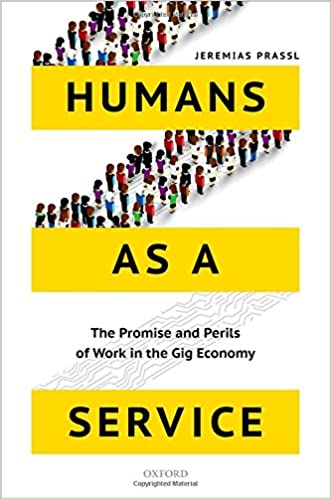
Jeremias Prassl is a Fellow of Magdalen College and an Associate Professor in the Faculty of Law at Oxford University. He advises public and private sector organisations on regulating the gig economy. In his book entitled Humans as a Service, Prassl re-evaluates the merits and pitfalls of the “gig economy” and seeks to discover ways […]
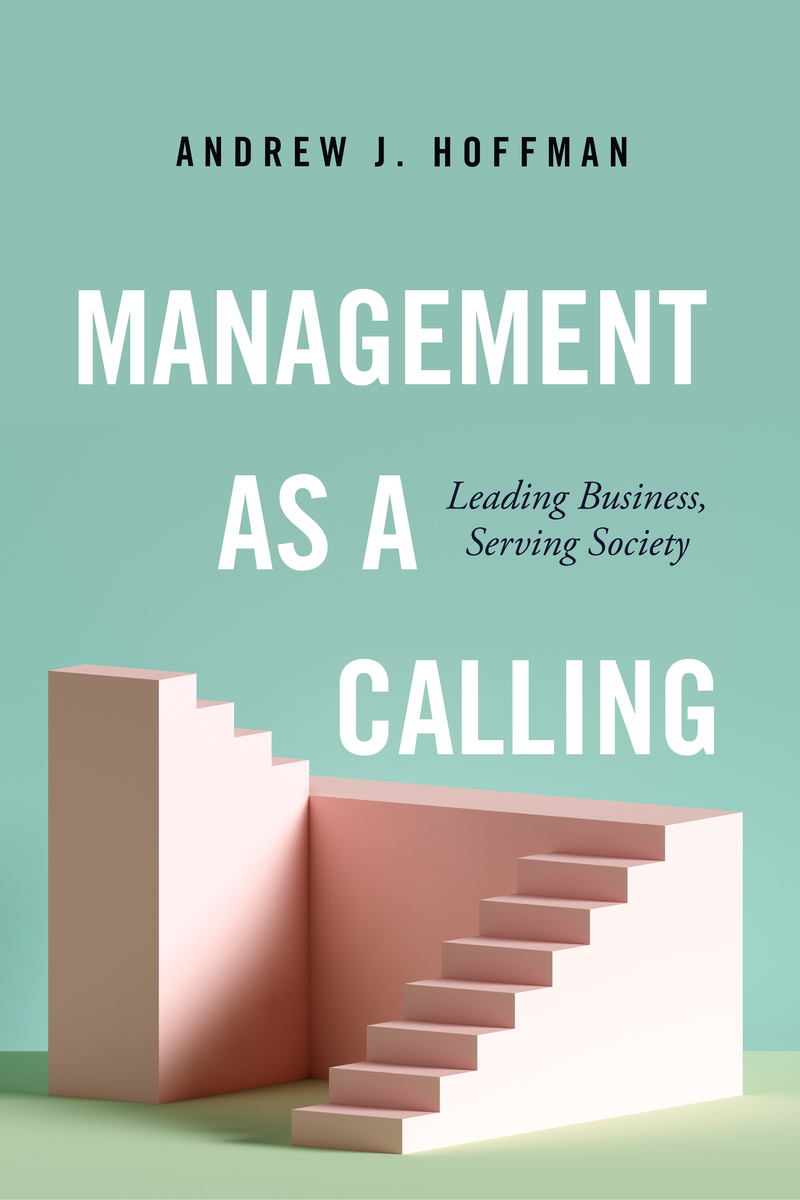
Management as a Calling is aimed primarily at business students but it has far wider relevance. Andrew Hoffman says that he wants “to personally challenge every business student, every business executive, and every business school professor to think about the system in which students are beginning their careers and to push back when it is […]
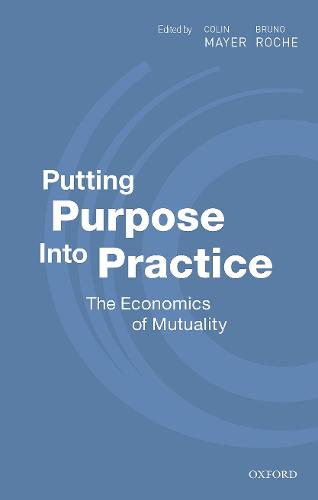
This book is the product of an extensive research programme undertaken between Mars Catalyst, which is the internal think-tank of the Mars company, and the Saïd Business School at the University of Oxford. Professor Colin Mayer is a leading voice in the debates around business purpose and has written and spoken extensively in the field. […]
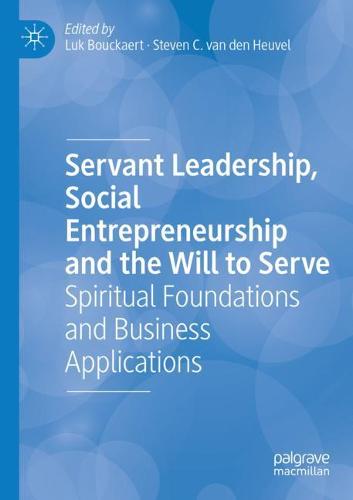
This book is a collection of eighteen separate but thematically connected papers which were given at an international academic conference in Belgium in May 2018. The organising principle is an enquiry as to whether the ‘will to serve’ must always be ‘crowded out in the real economic arena of hard competition’ (page vi). The authors […]
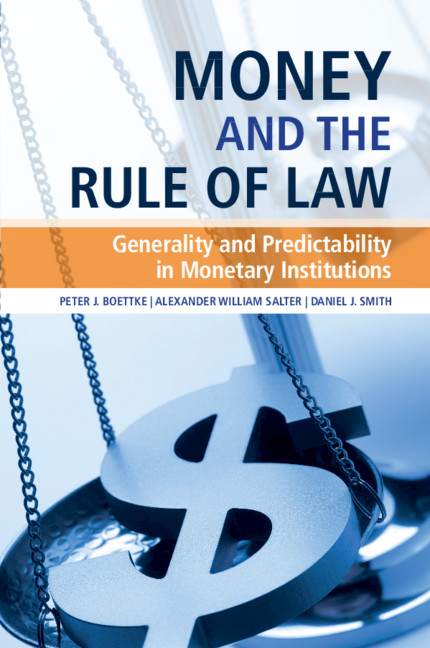
Is the delegation of monetary policy to independent central banks that are granted constrained discretion a good or a bad thing? Most non-specialists have probably never pondered this question and many that have done so have probably concluded that it is a good thing. But is it? Peter Boettke, Alexander Salter and Daniel Smith think […]
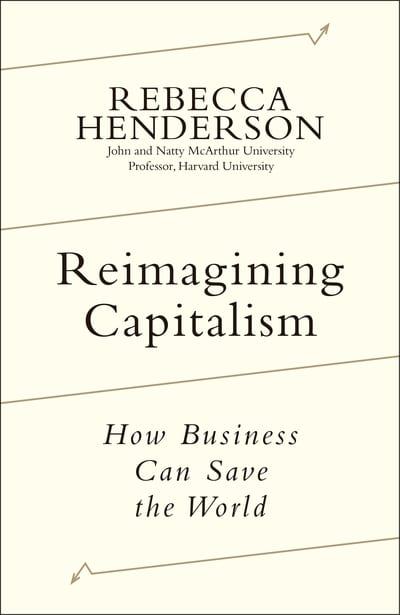
Reimagining Capitalism: How business can save the world is a very didactic, easy to read book. Unfolding like a captivating lecture, it is highly structured and each point is illustrated with a wealth of business examples taken from a wide spectrum of enterprises, old and new. You can easily imagine Rebecca Henderson on the campus […]
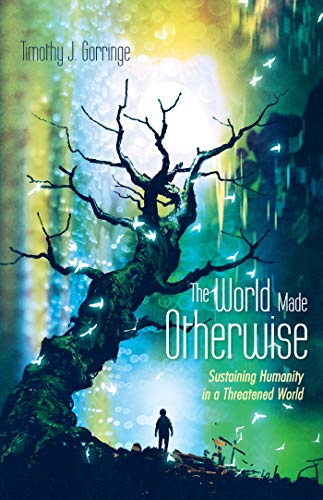
The sub-title of The World Made Otherwise is “Sustaining Humanity in a Threatened World” and climate change or other environmental issues form the book’s starting point and backdrop. Gorringe sees climate change as creating a burning platform that makes thorough-going political, economic and social change imperative. His prognosis is dire. He opines that “civilisational collapse […]
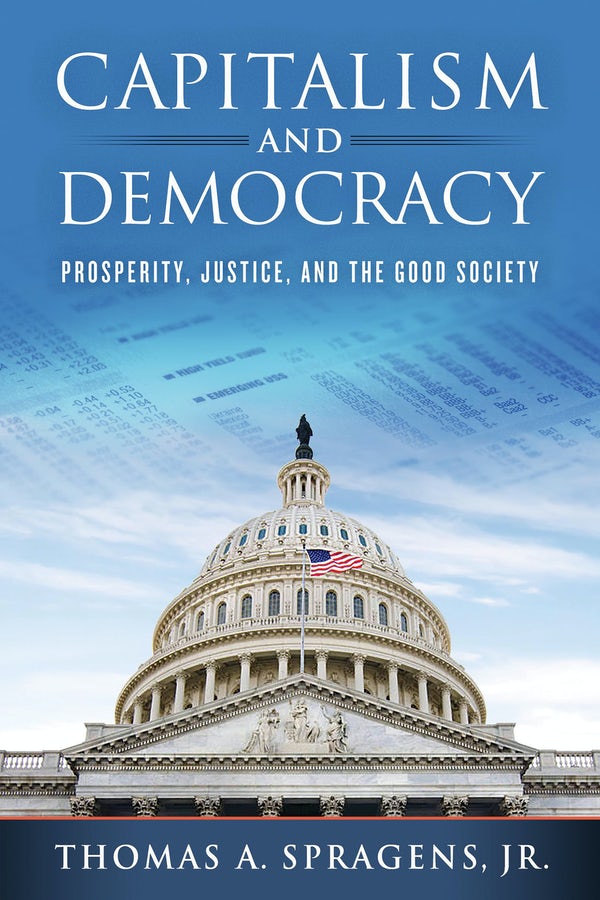
Capitalism and Democracy is a short book and, as Tomas Spragens admits, it does not contain “a great deal of cutting-edge scholarship” (page vii). Nonetheless, it deserves to be widely read. It comprises an explanation and analysis of “the sharp disagreement encountered these days between advocates of laissez-faire and champions of a more expansive welfare […]
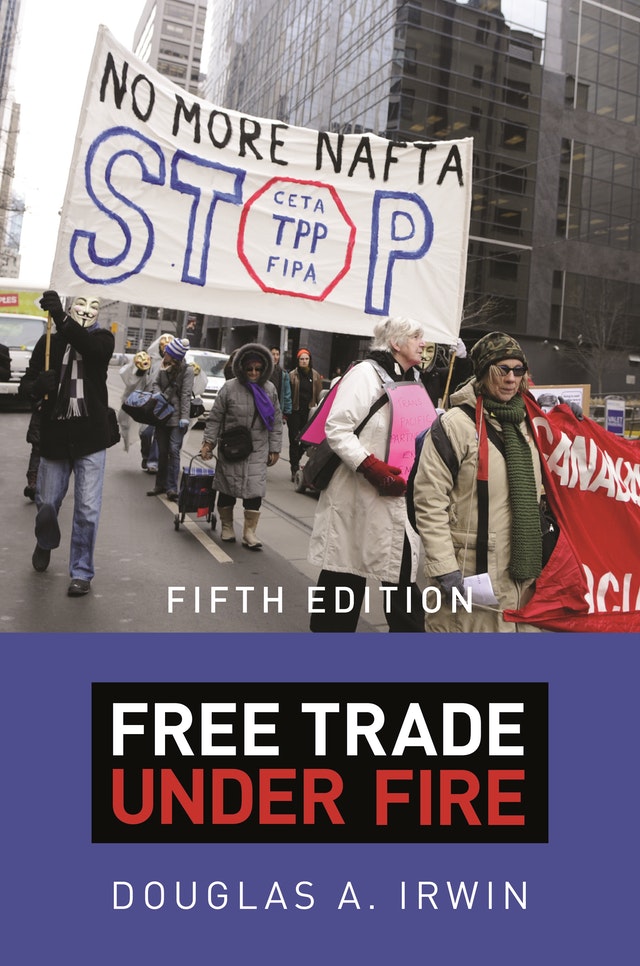
“Free Trade Under Fire” by Douglas A. Irwin is, as the title suggests, a book on the debate and defence of international trade. It covers a wide spectrum of (sometimes sensitive) issues on the subject. From national sovereignty and trade policies, to popular misconceptions about trade, the book tackles each argument with considerable depth […]
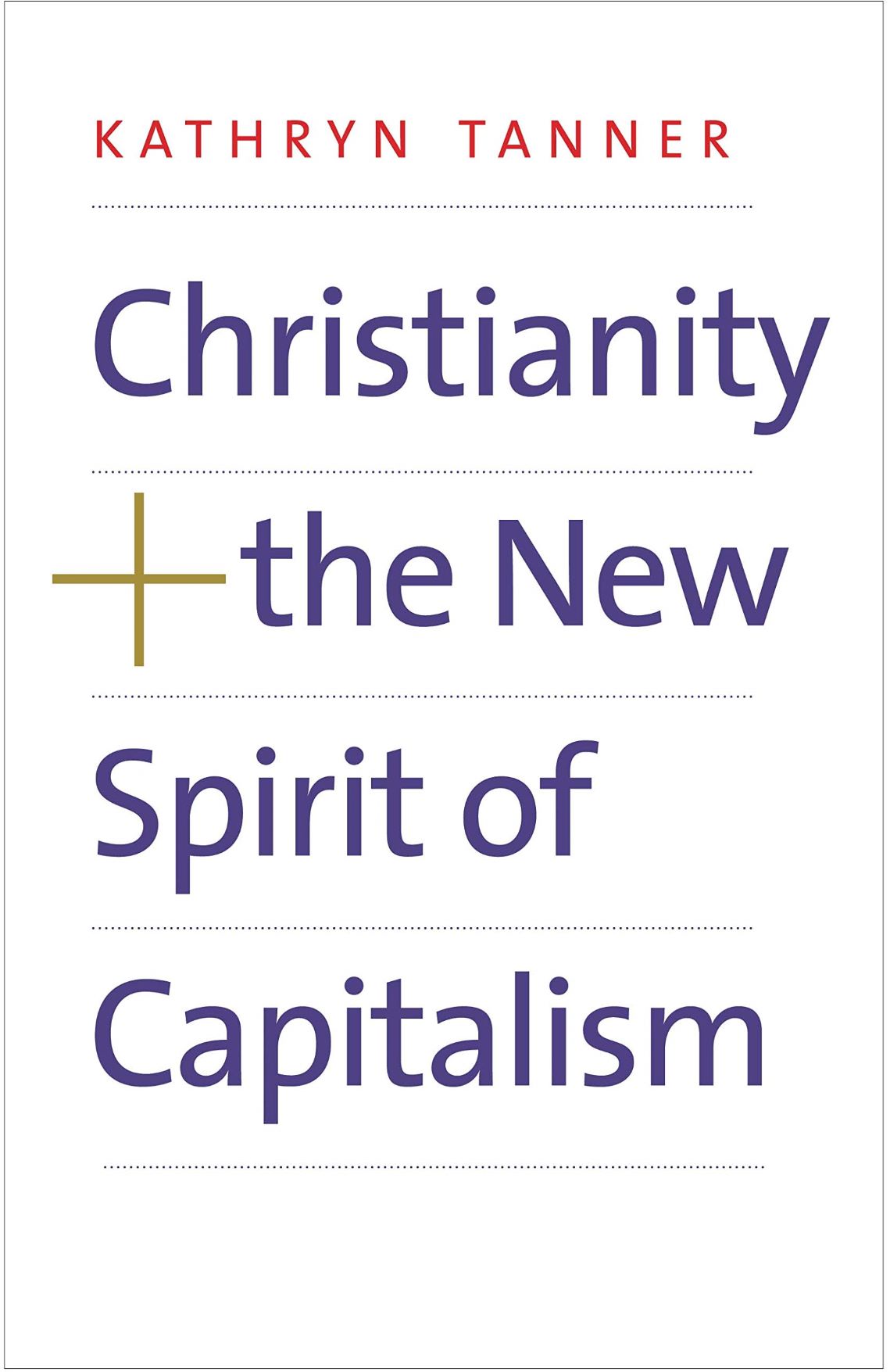
Christianity and the New Spirit of Capitalism is, in one sense, inspired by Max Weber’s famous suggestion that Protestant Christian beliefs gave rise to a work ethic that provided the foundation of modern capitalism. Weber believed that the Protestant ethic produced what he called the “Spirit of Capitalism” and Kathryn Tanner agrees that “religious […]
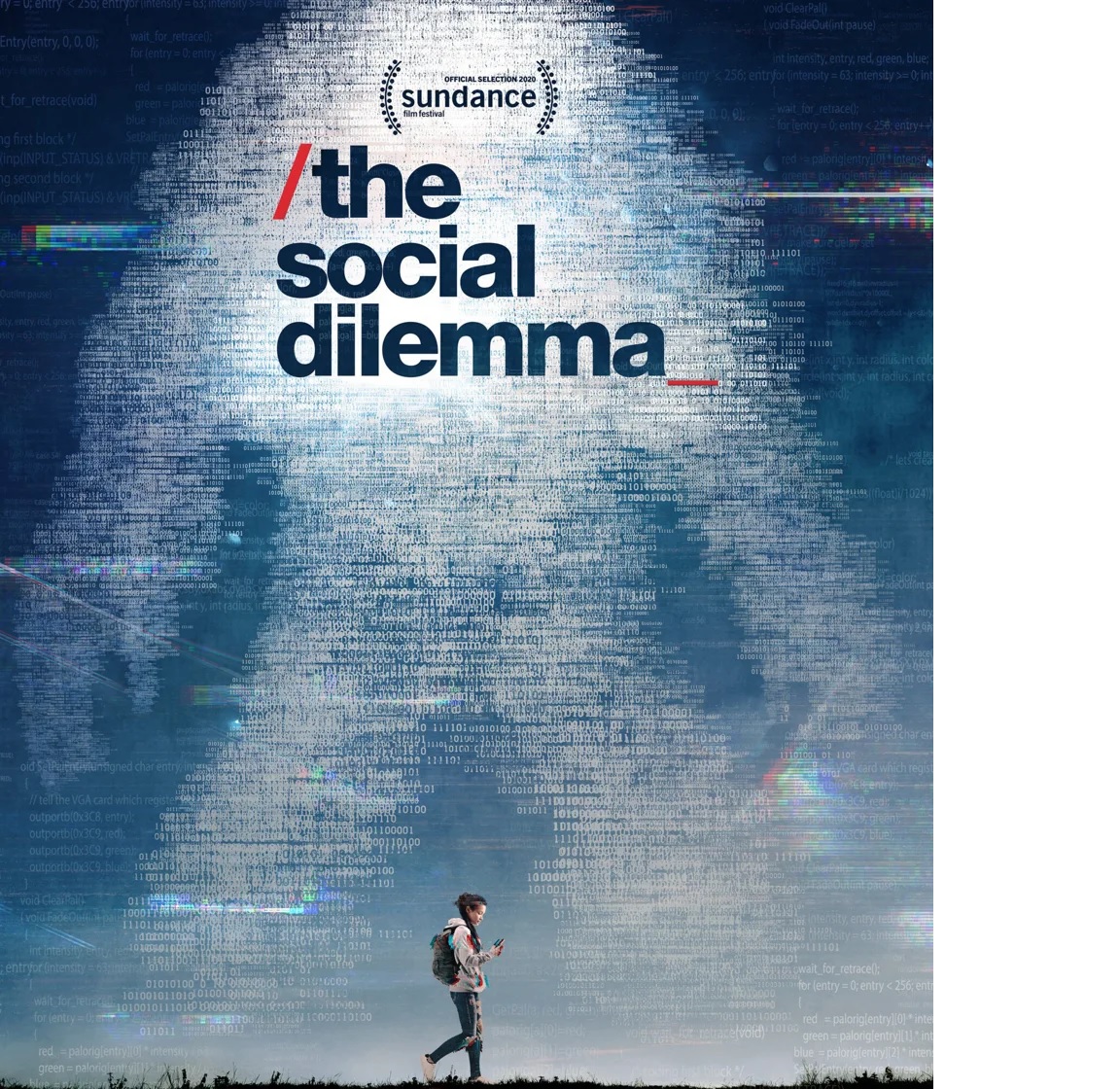
This documentary is structured around interviews of tech experts who were pioneers at leading social media platforms and who came to realise that something important went wrong at some point. These views are expressed through a fictitious drama showing the impact of social media on the different members of a family. It is easily accessible […]
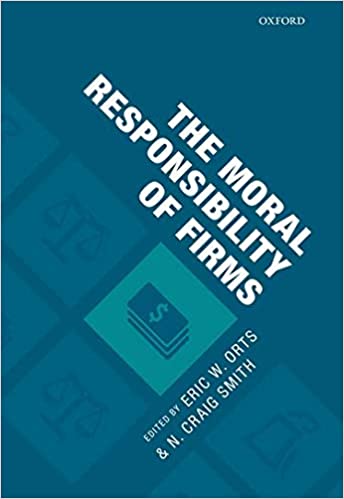
Are corporations and other business organisations morally responsible for their acts and omissions? The media and popular discourse frequently assume that they are: companies are sometimes said to have “behaved disgracefully” and, in response, they “apologise”; legislators and regulators around the world seek to impose penalties on companies and justify this by reference to their […]
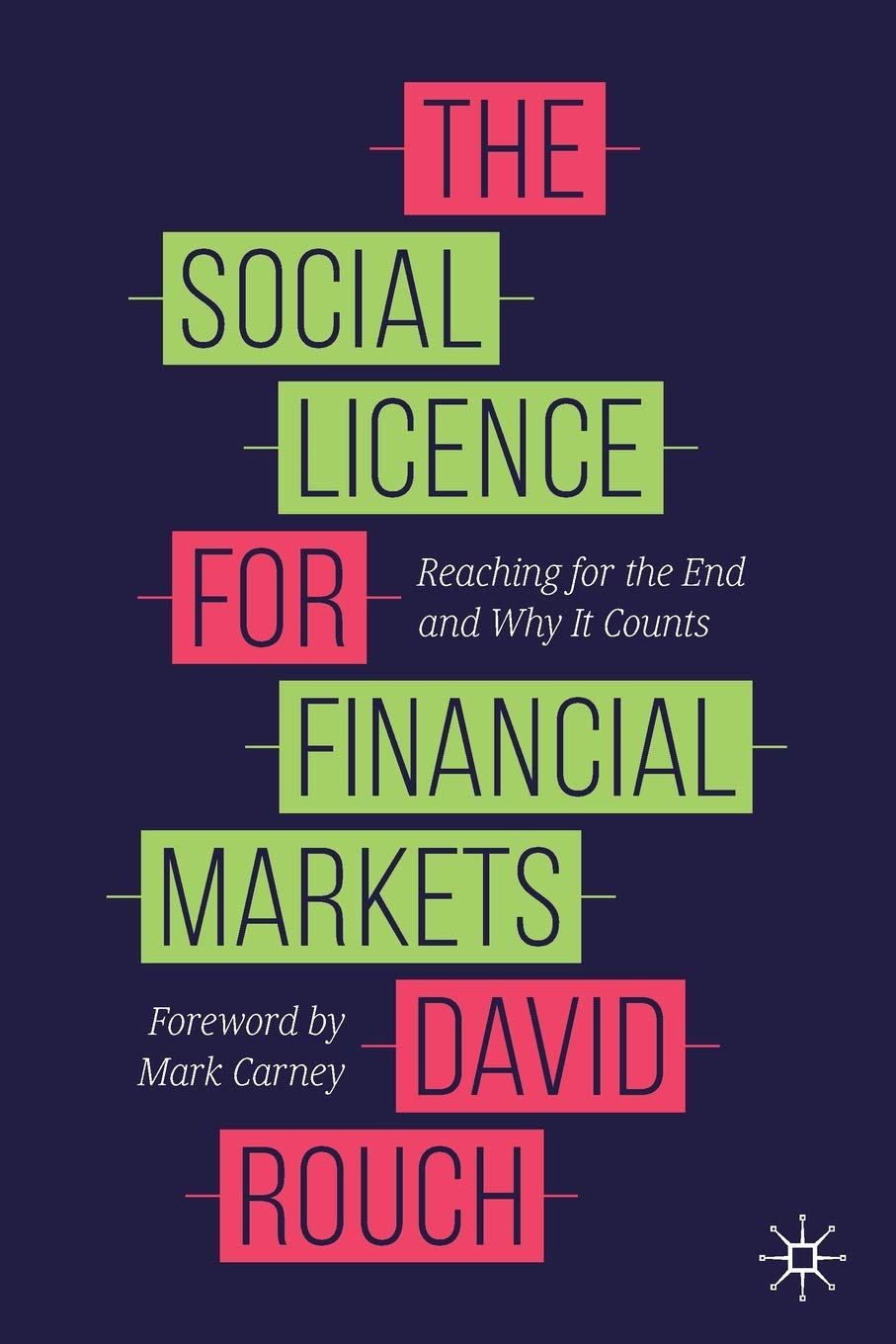
In the aftermath of the Global Financial Crisis, Mark Carney, the former Governor of the Bank of England, coined the concept of a “social licence” for financial markets and, in the Forward to David Rouch’s book, he commends Rouch for the progress he has made in defining a framework for this social licence. Rouch’s basic […]
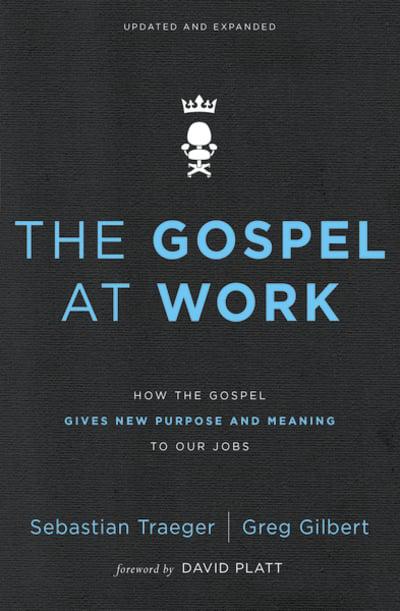
“The Gospel at Work” by Sebastian Traeger & Greg Gilbert is a relatively recent addition (published 2018) to the cohort of literature that aims to focus on faith within the workplace. This is a topic that likely stirs interest from secular and religious audiences alike. What role does a person’s faith have at work? […]
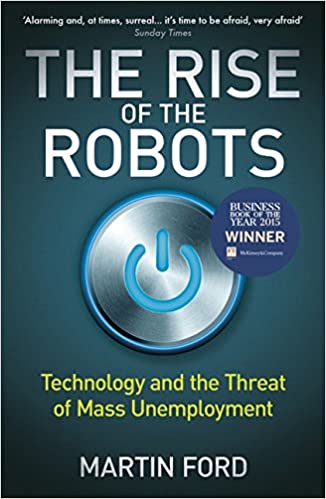
Optimist or pessimist? We stand on the edge of a technological revolution which is proceeding at an exponential pace and which will impact and alter our work and indeed our way of life in ways we can hardly imagine. The paradox of technological advance and of artificial intelligence is well recognized. Do these developments […]
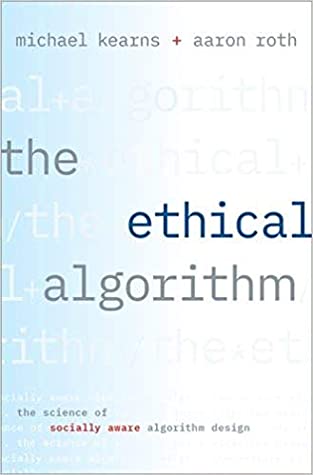
The Royal Academy of Engineering predicts that algorithms or Artificial Intelligence (AI), will become prevalent in “…most, if not all, aspects of decision-making” (April 2017). Algorithms benefit from a growing presence in key areas such as government, healthcare, education, financial industries, and of course, technology. Yet this is for good reason: they are highly efficient […]
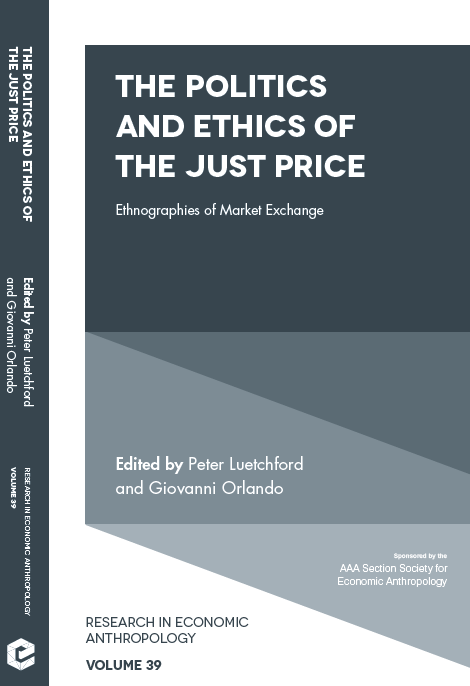
The Politics and Ethics of the Just Price is a collection of essays in economic anthropology. The volume, which is academic orientated, consists of an introduction to the theme and then eight case studies in different anthropological settings. The core issue at stake is the idea of what constitutes a just price, the relationship […]
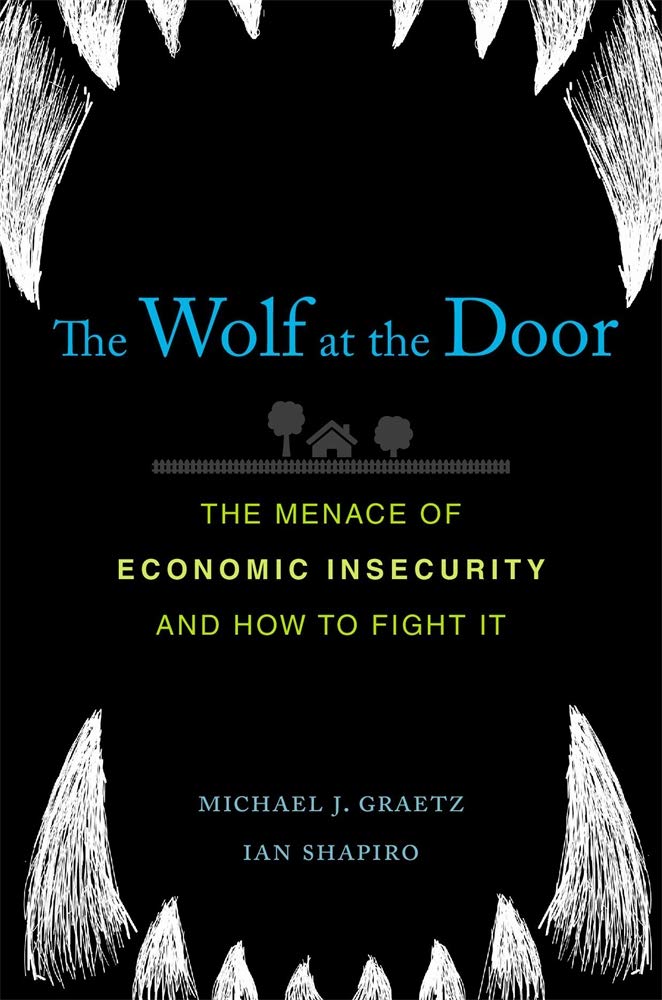
The publication of yet another left of centre book asking “What has gone wrong with American capitalism and what should be done to fix it?” may provoke a sigh or a yawn. However, in the case of The Wolf at the Door such a reaction would be misplaced. It is a constructive and engaging book […]
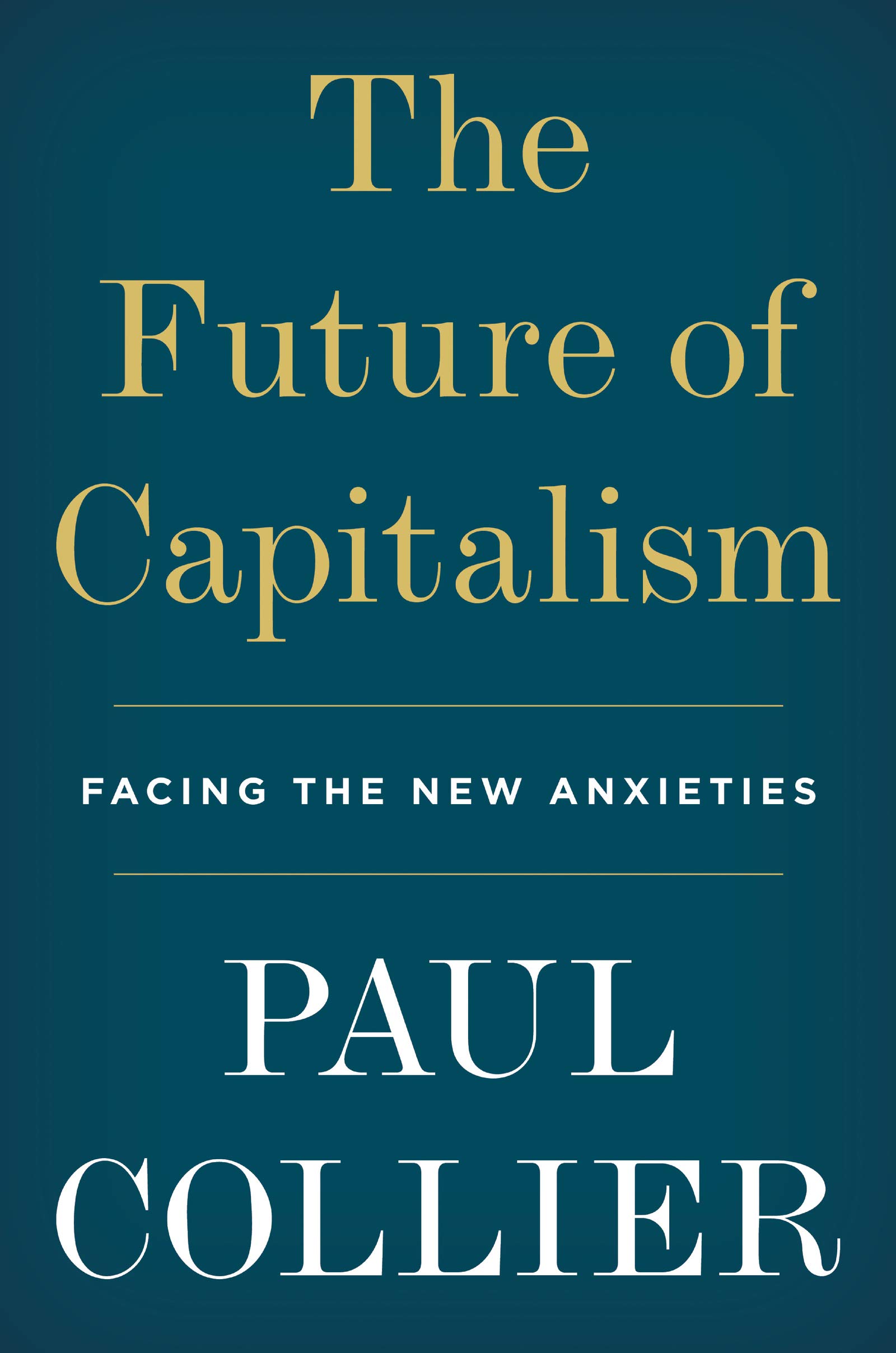
The Future of Capitalism tackles one of the big issues of our time. Its impressive author, Sir Paul Collier, CBE, FBA is a distinguished member of the Blavatnik School of Government at the University of Oxford and a seasoned practitioner in development economics for which he received a knighthood. He is convinced that capitalism is […]
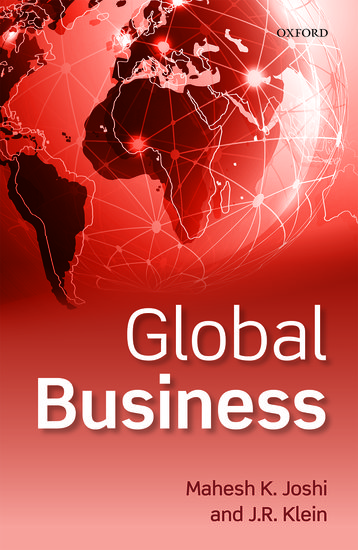
This book is a concise attempt to grapple with the subject of the global economy, especially in the light of events such as the Brexit decision and the election of Donald Trump. Written by two business practitioners, it has a clear and slightly breathless style – one might almost say, an executive summary stretched over […]
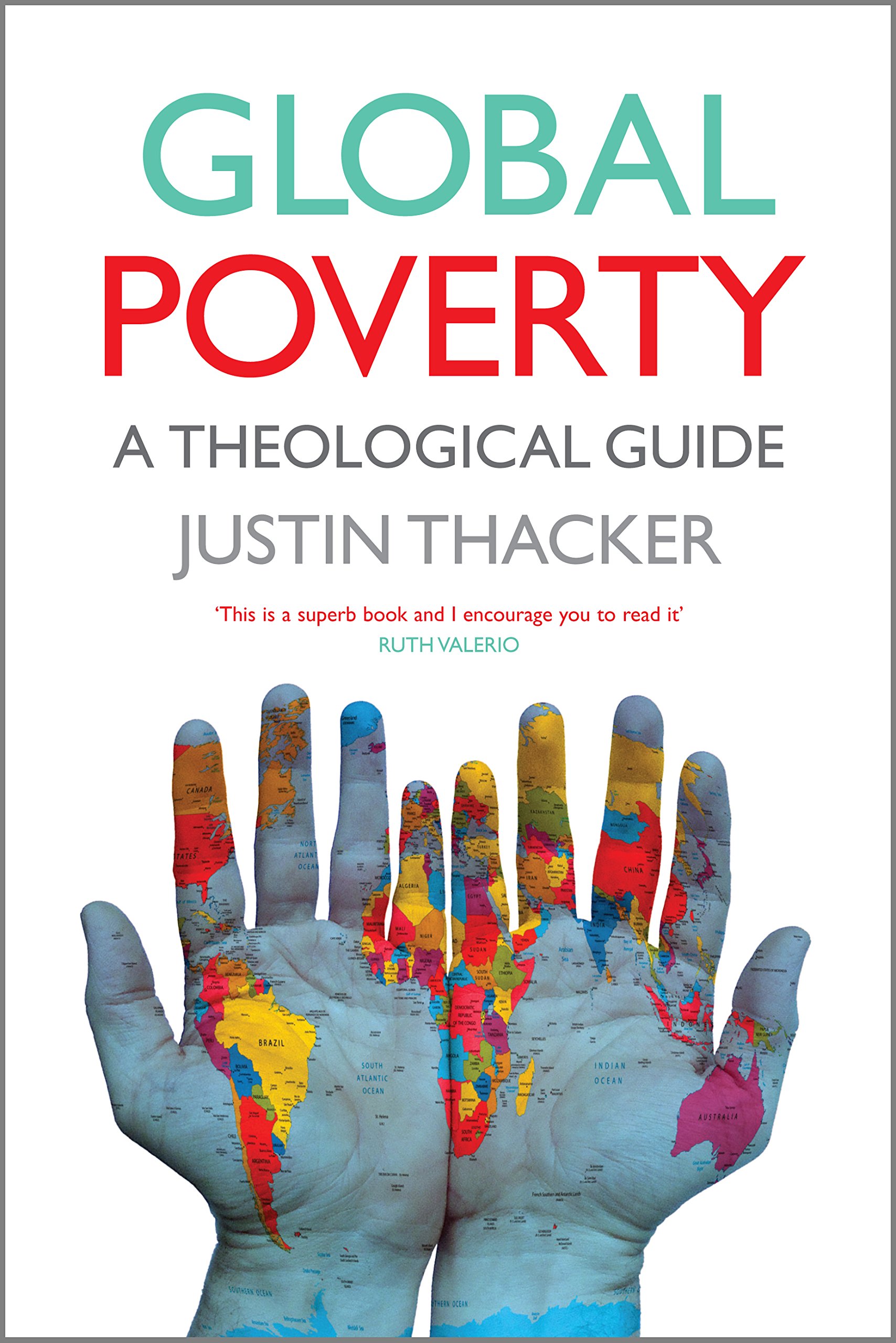
Dr Justin Thacker describes Global Poverty: A Theological Guide as “In essence … a systematic theology of global poverty” (page 2). He explains that, in terms of the public apologetic content of the book, he has two primary aims: first, to issue a “plea for a reformed capitalism” and, secondly, to suggest “on theological […]
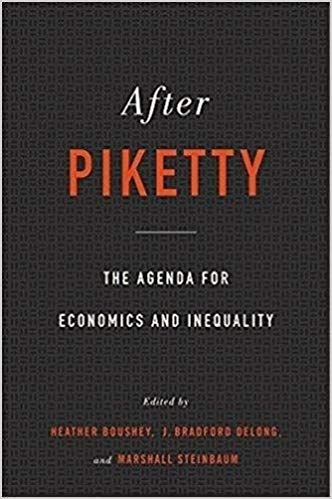
Thomas Piketty’s Capital in The Twenty-First Century, published in 2013 (English edition, 2014), is the economics equivalent of Stephen Hawking’s A Brief History of Time: it is a technical book that has secured mass sales, over two and a quarter million copies having been sold worldwide. One may wonder how many of the purchasers […]
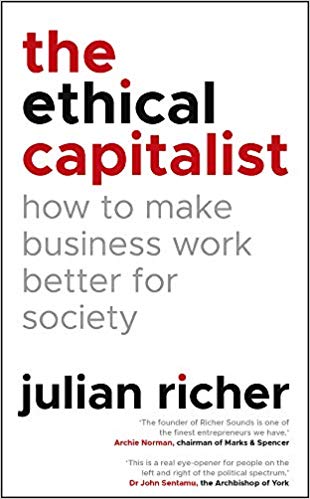
As an economic system, unfettered capitalism in the post-recession era has come under considerable scrutiny. Reports of business scandals and misdealings, as well as serious social inequalities, are but a few of the most cited examples. In the face of these criticisms, proponents of capitalism have come to its defence. In “The Ethical Capitalist”, […]
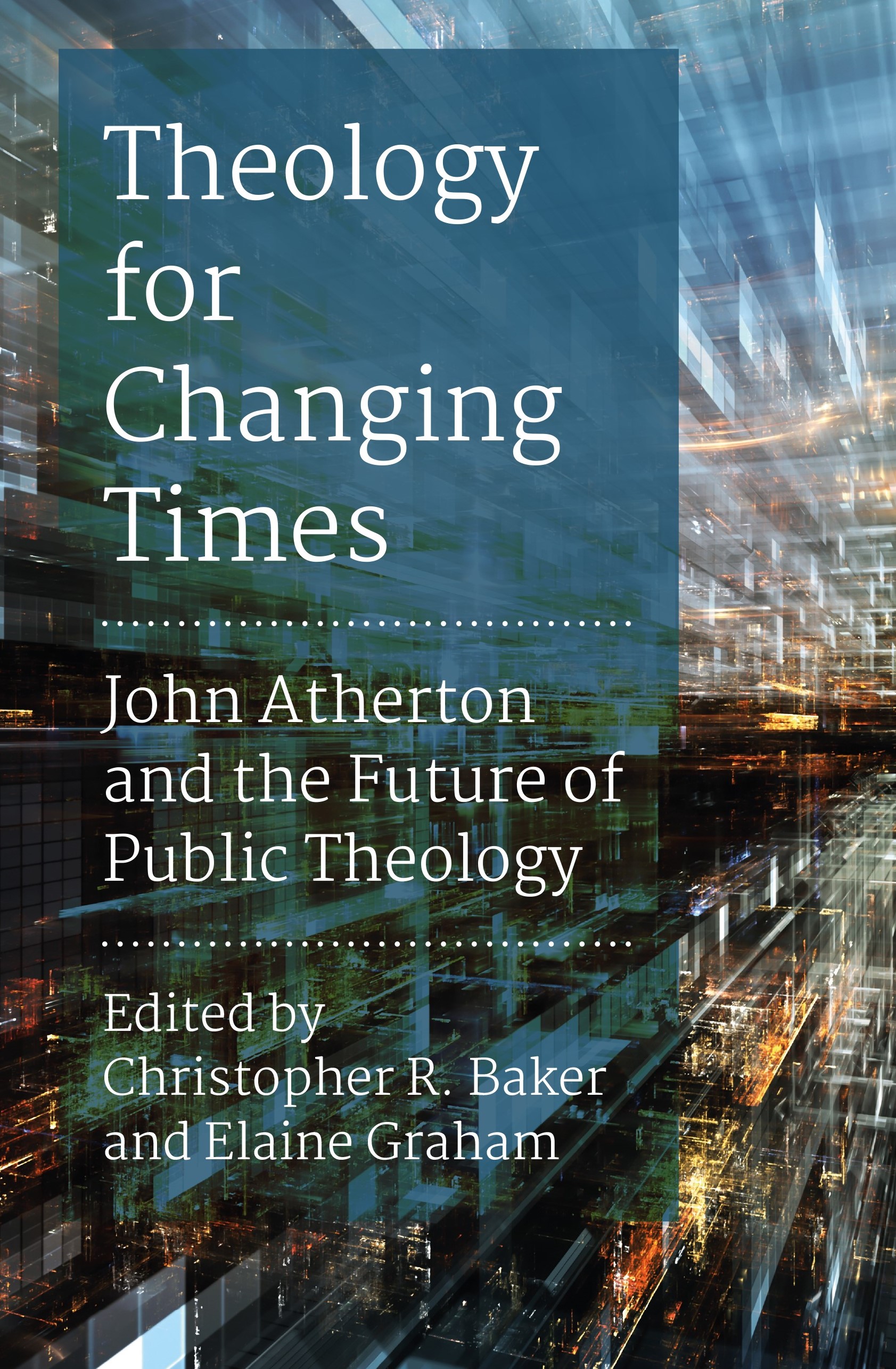
Theology for Changing Times is a diverse collection of essays by different authors, all responding to a greater or lesser extent to the work of John Atherton, who died in 2016. Atherton was one of the leading practitioners of his generation when it came to Anglican ‘public theology’, part of a tradition that included […]
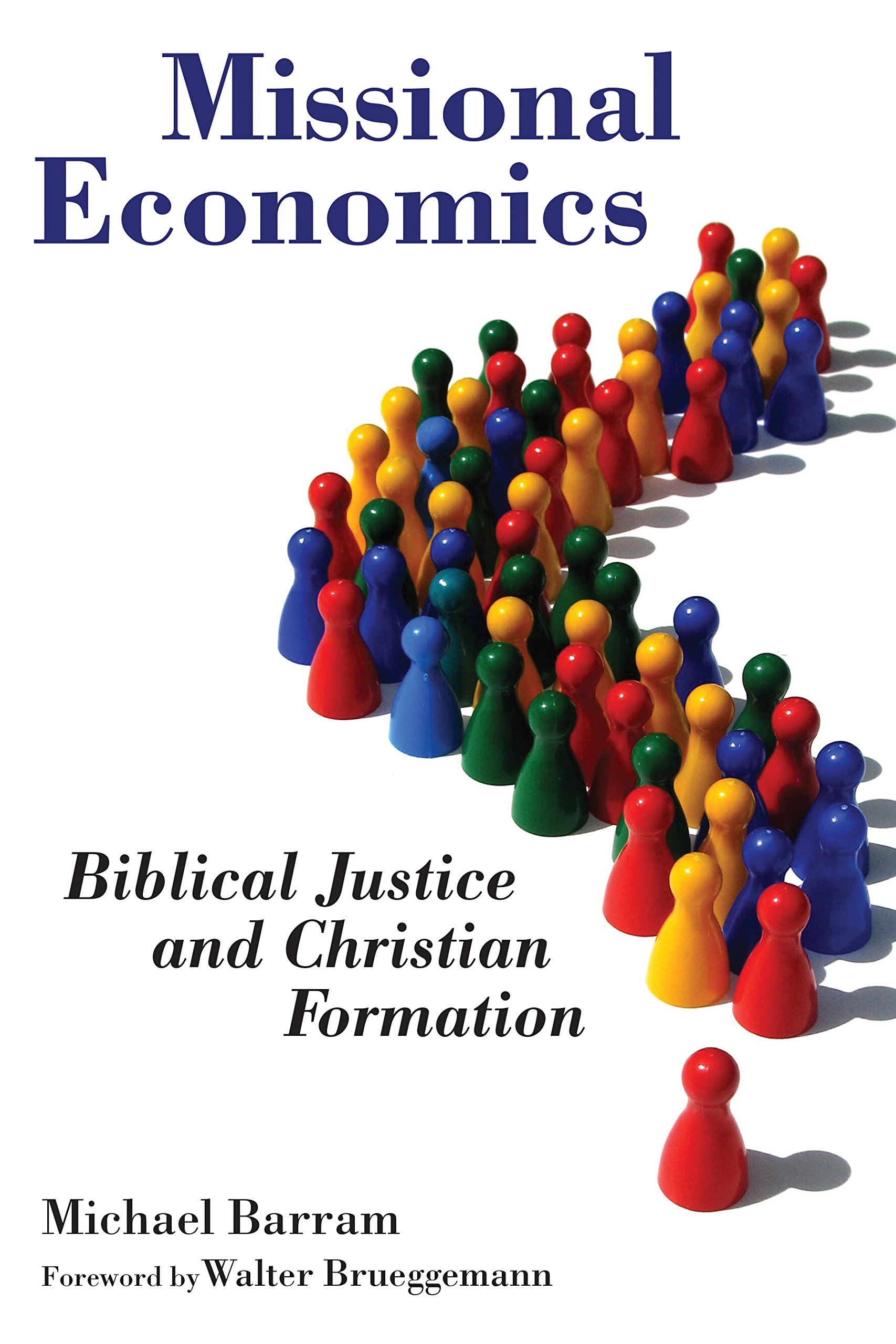
Some of the most important conversations in Christianity today involve questions of justice and how Christians should not only respond as individuals and as members of the “holy catholic church” to injustice, but also be positive catalyst of just societies and social institutions. It is heartbreaking for those of us within the camp of Christianity […]
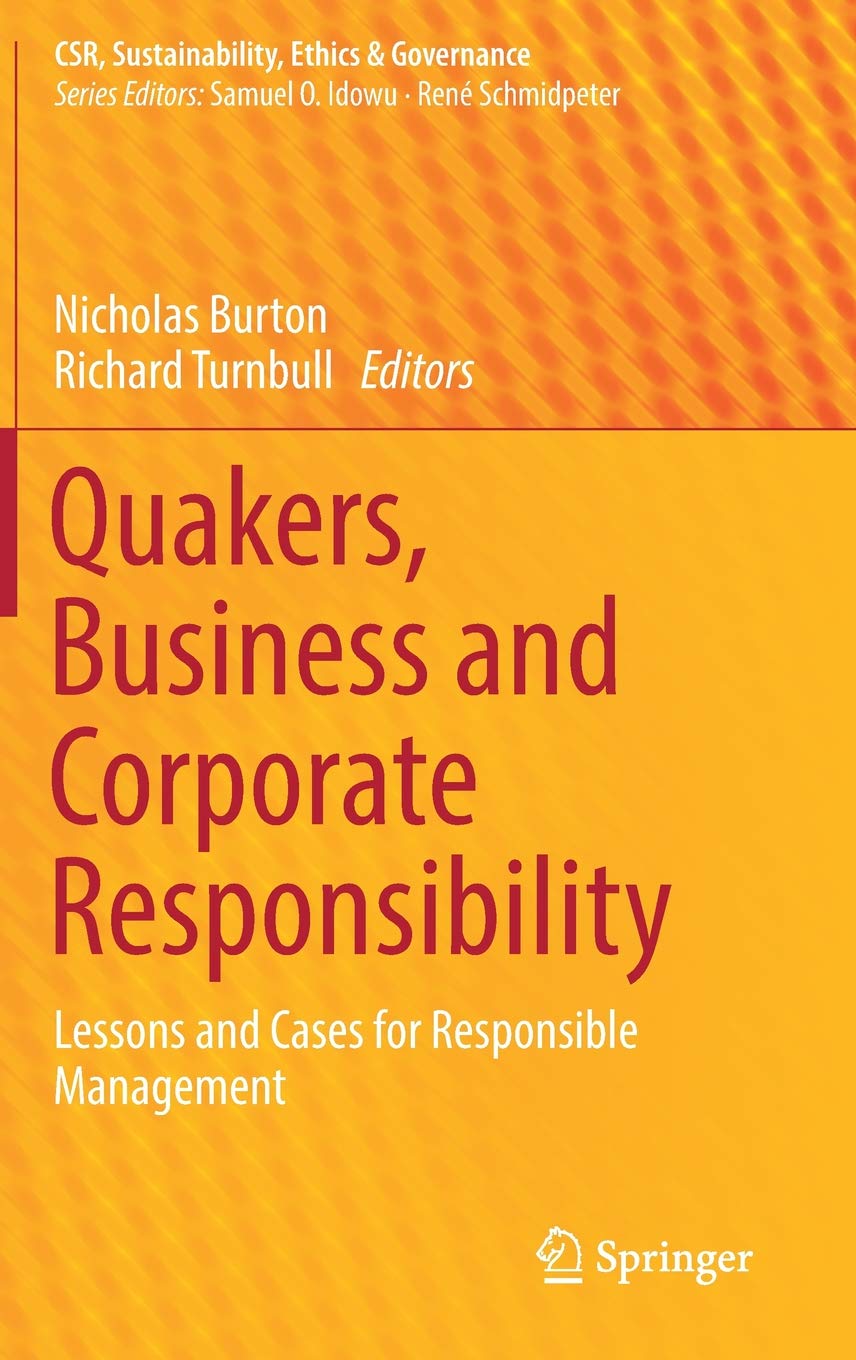
Many books about business management or corporate responsibility use historical situations to illustrate or, at least to the satisfaction of their authors, prove their theories. Quakers, Business and Corporate Responsibility adopts the opposite approach: it examines a particular historical model of business management and corporate responsibility (that of the Quakers) and seeks to draw conclusions […]

Colin Mayer is a distinguished professor at the University of Oxford, former dean of the Said Business School and a Fellow of the British Academy . Throughout his career one of his fields of interests has been the business corporation and at present he is director of the Academy’s research programme into the Future of […]
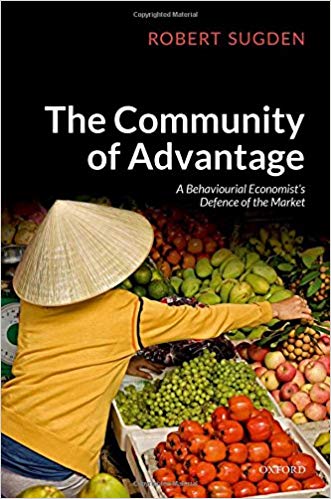
Neoclassical normative economics seeks to avoid state paternalism. On the assumption that human beings display “integrated preferences” (i.e. preferences that are stable, context-independent and internally consistent), this objective may be secured by public policy objectives being based on “preference-satisfaction”. However, psychological experiments over the past 30 years have demonstrated that the assumption is false: human […]
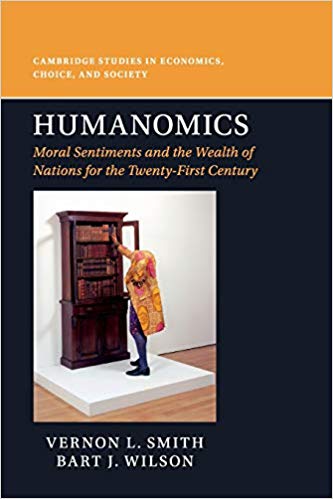
Economics is a social science. It relates to the behaviour of human beings and its success as a science turns to a considerable extent upon its ability credibly to model that behaviour in such a way as to enable reliable predictions to be made. Neoclassical economists have focused on the concept of utility maximisation […]

Populism seems to have taken centre stage in today’s public discourse. Whether it’s the election of Donald Trump or Brexit, media outlets, academics, and indeed, the politicians themselves seem to be pointing the finger towards populism. Yet what exactly is populism? Which social and/or economic conditions might give rise to populism? Can populism be […]
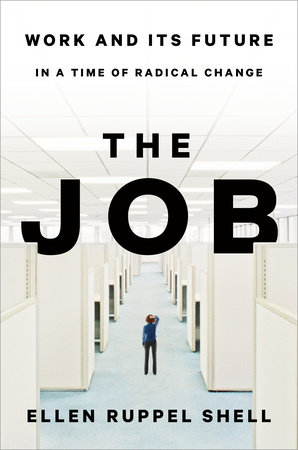
The Job has received rave reviews and it is easy to understand why. Its subject is an important one, the future of work in the digital age, and it is the kind of book that people like. Shell is a journalist who writes well, using eye-catching turns of phrase and telling innumerable stories to […]
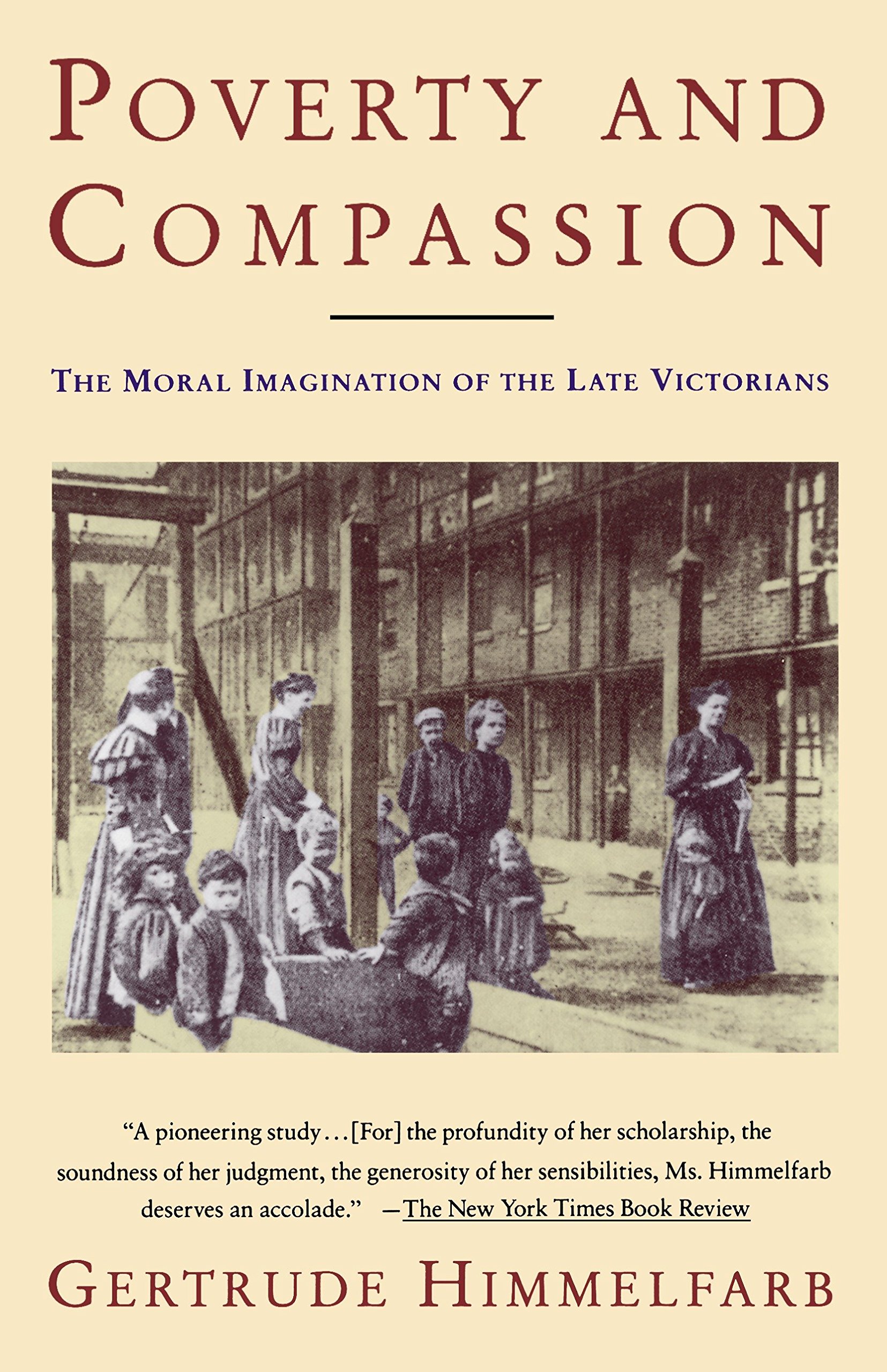
Gertrude Himmelfarb was married to the late Irving Kristol and together they formed a formidable intellectual partnership in the reassertion of conservative ideas. Himmelfarb, a historian, in this book, brings to the table the debate around poverty in Victorian England. The book was first published in 1991, but represents an important strand of thinking […]
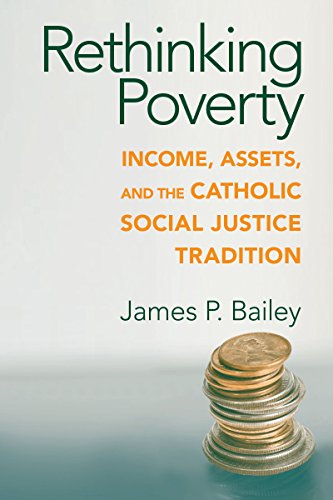
James P. Bailey is Associate Professor of Theology at Duquesne University. In his book entitled, “Rethinking Poverty: Income, Assets, and the Catholic Social Justice Tradition”, James Bailey explores the political, social, and economic reforms that are needed to promote the alleviation of poverty. As the title may suggest, the book also incorporates Catholic social […]
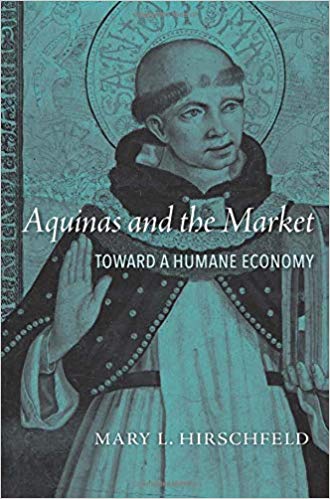
Aquinas and the Market: Toward A Humane Economy is a pleasant surprise because it takes both economics and theology very seriously. There are probably not many scholars who have doctorates in economics (Harvard) and theology (Notre Dame) and even fewer who can write an academic book that is almost entirely free of academic jargon. […]
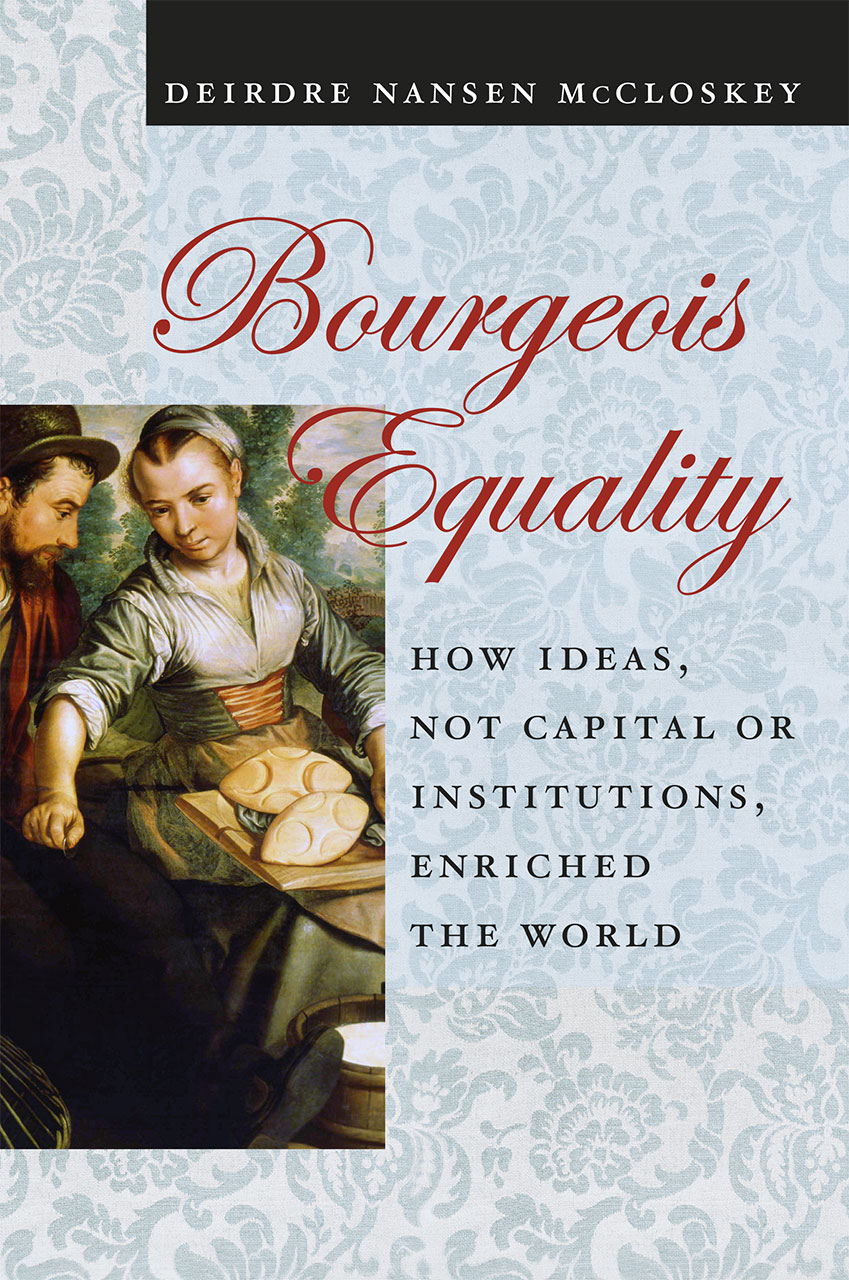
The past 200 years have seen a huge increase in aggregate global wealth, which has benefited the vast majority of people around the world. Conservative estimates suggest that average real wages have increased ten-fold and the increase in wealth has probably been considerably greater than this (perhaps thirty-fold or even a hundred-fold). Why has this […]
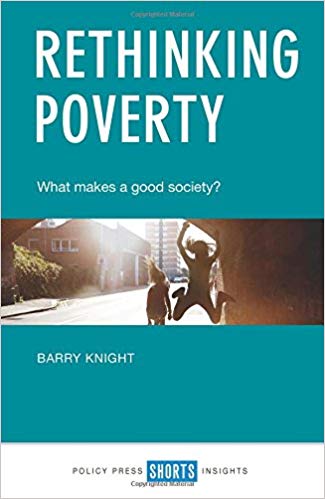
Rethinking Poverty by Barry Knight is an explorative study on the current deficiencies of modern western society and the restructuring that needs to take place for the ultimate goal of poverty reduction and indeed, poverty elimination. This may come across as overly ambitious and idealistic to some readers, but the aim of poverty elimination […]
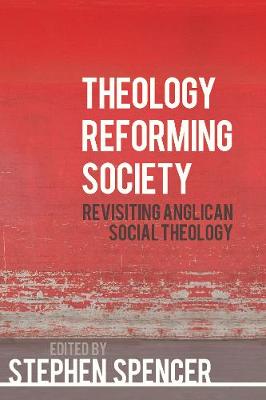
Theology Reforming Society – Revisiting Anglican Social Theology arose out of a 24-hour conference held at Mirfield (a monastic community where Anglican ministers are also trained) in January 2017, on Anglican Social Theology. The various contributors were admirably swift in shaping and adapting their papers into a publishable form, and, for those who had not […]
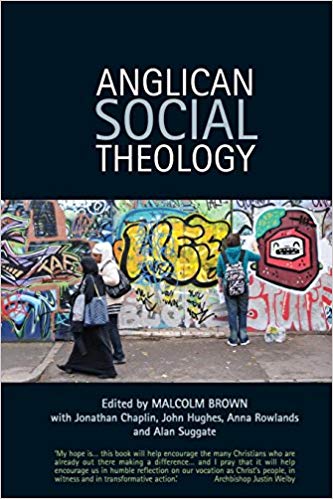
Anglican Social Theology – Renewing the vision today, published in 2014, consists of four heavy-weight essays, by Alan Suggate, John Hughes, Jonathan Chaplin and Anna Rowlands, each of which wrestles in a different way with the idea that there has been and remains such a thing as a distinctive ‘Anglican Social Theology’. These four […]
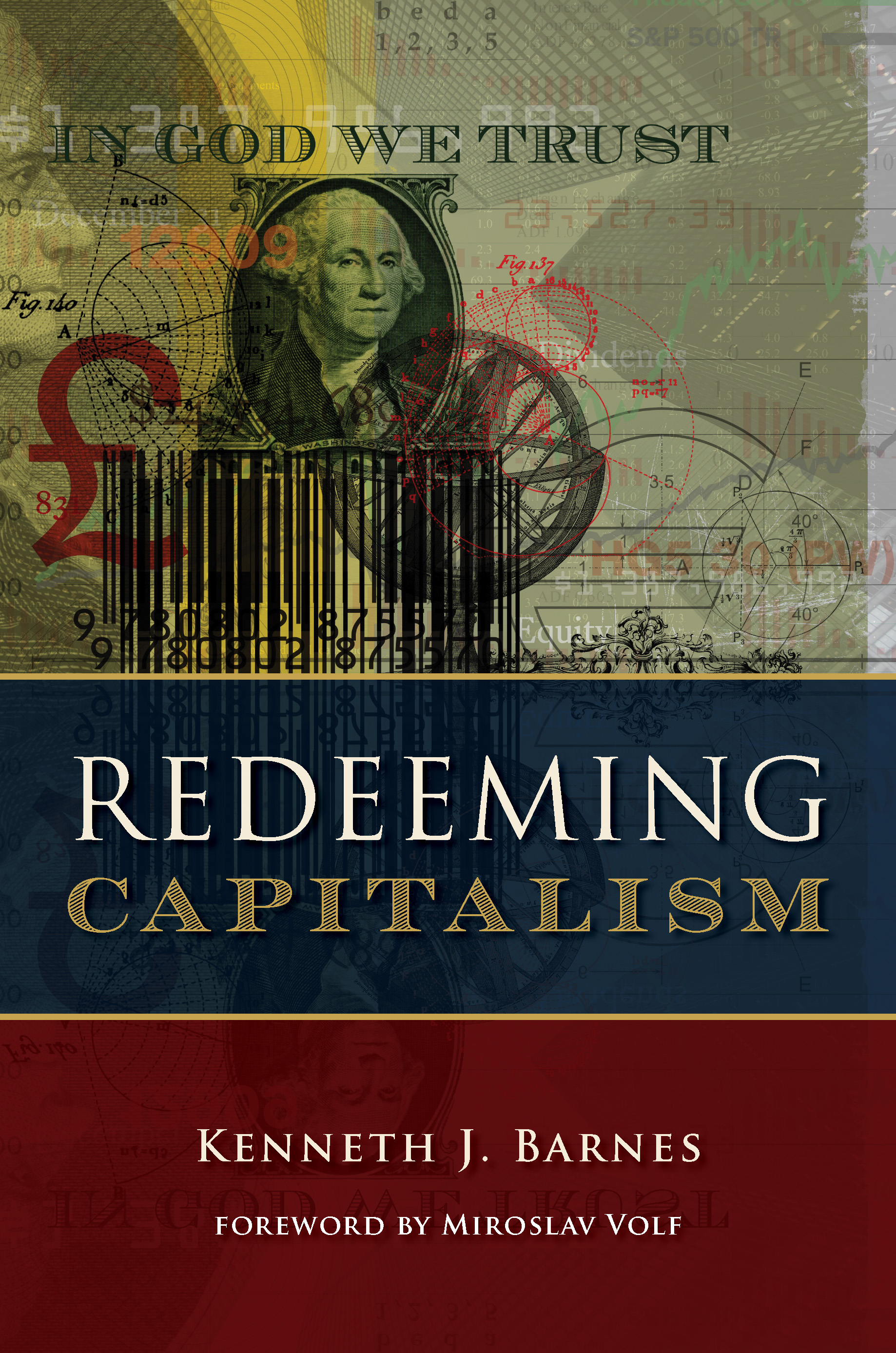
Kenneth Barnes currently holds the Chair in Work Place Theology and Business Ethics at Gordon-Conwell Theological Seminary. As might be expected, therefore, Redeeming Capitalism is about the theology and ethics of business. Its basic argument is simple: the capitalist economic system that now exists is not the same as that which has existed in the […]
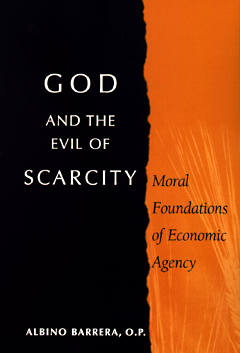
God and the Evil of Scarcity: Moral Foundations of Economic Scarcity was written in 2005, its central question is timeless. Why would an omnipotent and benevolent God permit evil? Theologians and philosophers have long struggled to explain why God would permit the suffering of innocents or natural disasters. Most conclude that God permits evil so […]
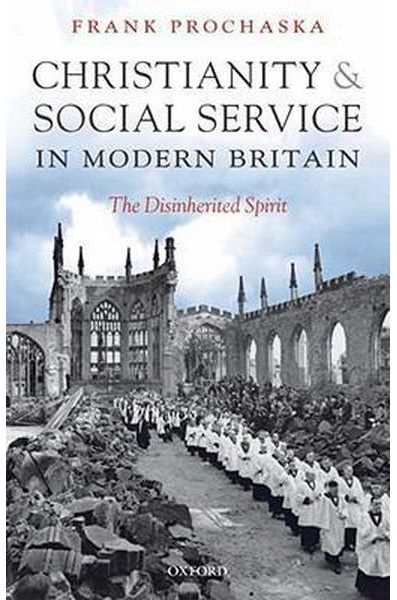
Frank Prochaska describes Christianity & Social Service in Modern Britain as “an interpretative study, which seeks to contribute to the history of social service, religious decline, and democratic traditions” (page (vii)). There is no doubt that, between the late Victorian years and the twenty-First century, the voluntary provision of social services in the UK […]
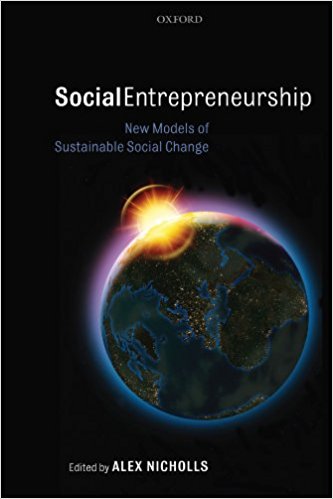
The great contribution of this book, edited by Alex Nicolls, now a Professor at the Said Business School in Oxford, is that it brings together in one place, and for the first time, the exciting stories of social entrepreneurship, analysis of issues and the academic research agenda. In doing so, the book is well-placed to […]
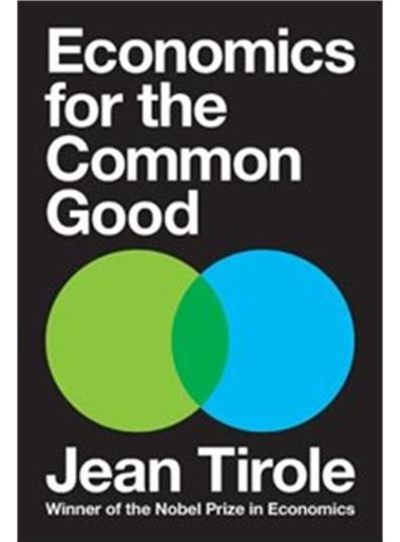
Economics for the Common Good is the latest publication by the 2014 Nobel Prize winner in economics, Jean Tirole. Among his numerous accolades, Tirole is currently the chairman of the Toulouse School of Economics and the Institute for Advanced Study at Toulouse 1 University Capitole. Some of his most notable books include The Theory of Corporate […]
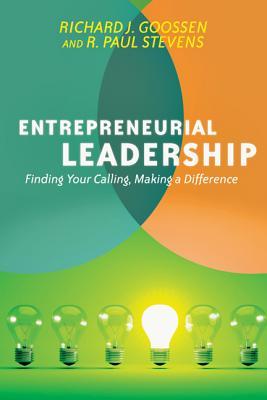
I have to begin by declaring something of an interest. Before becoming a priest in the Church of England I was an entrepreneur and writer of business books. For the majority of the time I ran my brand agency I was a non-Christian. Looking back, I think we managed to be a highly ethical business […]
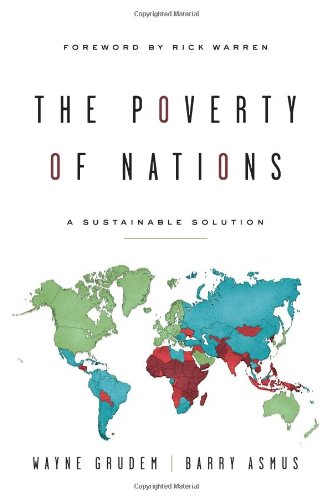
The Poverty of Nations comes with enthusiastic endorsements: Robert Sirico says that “The table of contents alone provides clearer instruction than many graduate students get in economics courses” and Rick Warren asserts that “It should be required reading in every Christian college and seminary, by every relief and mission organisation, and by every local […]
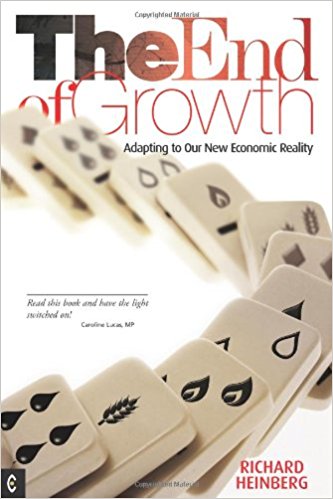
Richard Heinberg is an American journalist and author that has dedicated most of his writing career to environmental causes. His most notable works include publications such as, The Party’s Over: Oil, War, and the Fate of Industrial Societies (2003), and Powerdown: Options and Actions for a Post-Carbon World (2004). Just from the book titles […]

A Voice To Be Heard is not a systematic economic, theological or historical analysis of Christian entrepreneurship, although it contains a number of economic, theological and historical observations. Instead, it comprises ordered reflections on Christian entrepreneurship based around the stories and thoughts of 50 contemporary Christian entrepreneurs interviewed by the authors. The authors are […]
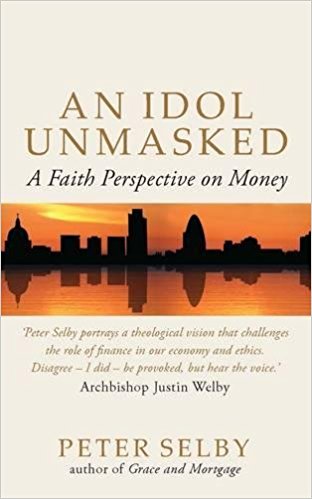
Peter Selby’s polemic against modern money, An Idol Unmasked, was published a few years ago now, in 2014, but captures an attitude to money and modern finance that remains widely prevalent. It is, as he says, a book ‘about money, what it has become, and what it represents in our lives’ (page 3). His […]
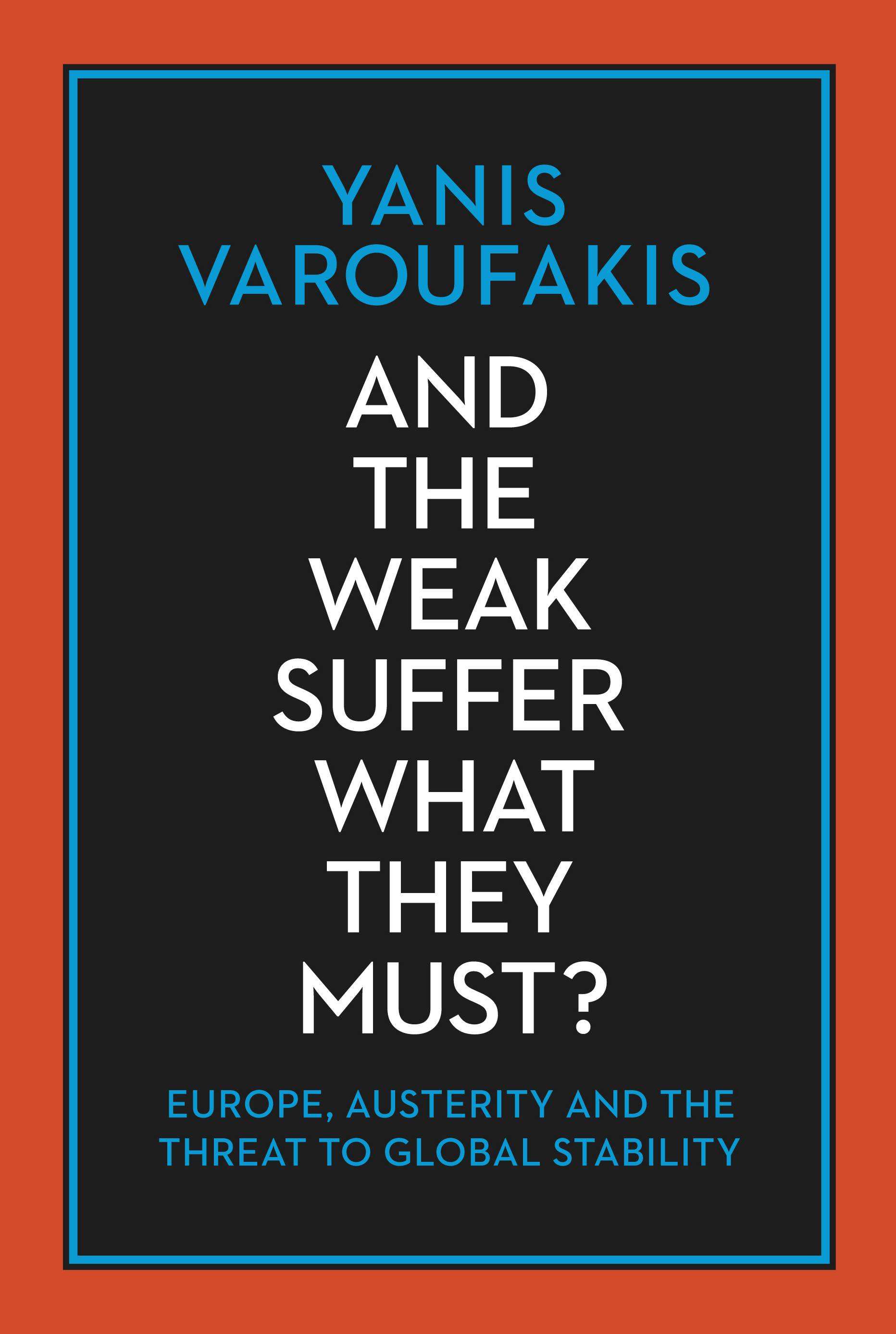
In this book, Yanis Varoufakis (Professor of Economics at the University of Athens) gives a highly informative and very well-informed account of the austerity measures enforced by the institutions of the European Union (EU) since the financial crisis which began in 2007-2008. He also sets these events and policies in the wider context and […]
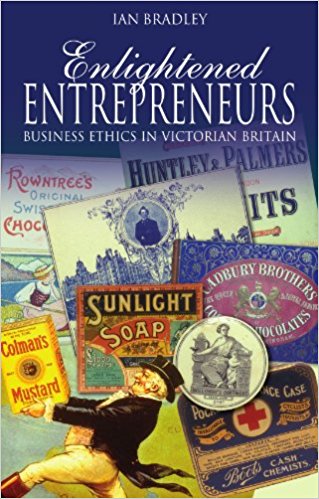
This book’s subtitle is deceptive; it is not a volume about business ethics so much as a fascinating piece of social history. Ten great Victorian entrepreneurs are described in turn, with very little attempt to add any interpretation. The names of the ten speak for themselves: Thomas Holloway, Titus Salt, Samuel Morley, George Palmer, Jeremiah […]
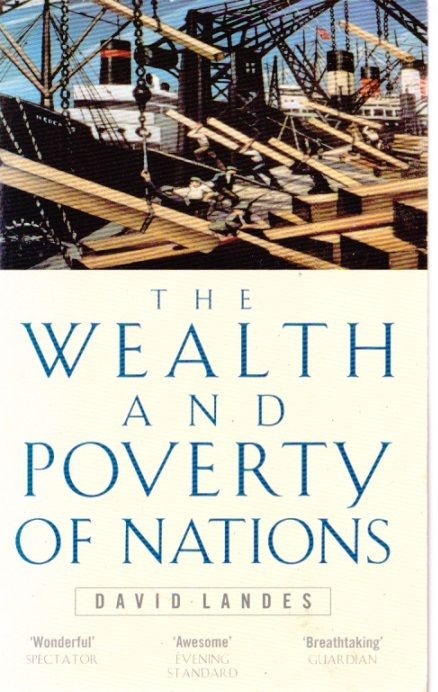
American essayist and novelist William Styron once said that “A great book should leave you with many experiences, and slightly exhausted at the end.” If we judge the late David Landes’ ‘Wealth and Poverty of Nations’ by this criterion, it most certainly fits the bill of a ‘great book’. It is a majestic display […]

Craig Blomberg (Distinguished Professor of New Testament at Denver Seminary, Colorado, USA) is a prolific author and his books are generally worth reading. Neither Poverty nor Riches is no exception. It is, to quote from Don Carson’s preface, “an extraordinary achievement” (page 9) and, having been published in 1999, it is well on the […]
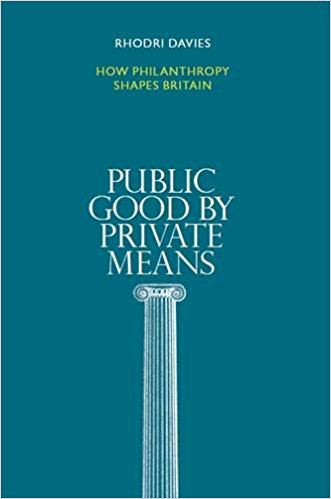
Rhodri Davies is the head of “Giving Thought”, the in-house think tank of Charities Aid Foundation. He believes that, “Although philanthropy is growing in prominence, there is still a real lack of clarity about its overall role in our society” (page 7) and in Public Good by Private Means he seeks to affirm its […]
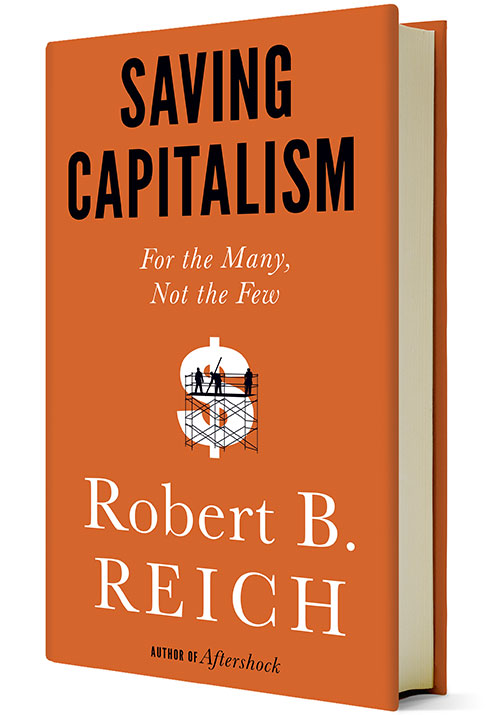
Saving Capitalism – For the Many not the Few is the latest addition to Robert Reich’s cohort of publications. He is perhaps best known for his previous work, The Work of Nations (1992) which raised the issue of growing inequality to the public sphere. Alongside his writing, Robert Reich is also a Professor at […]
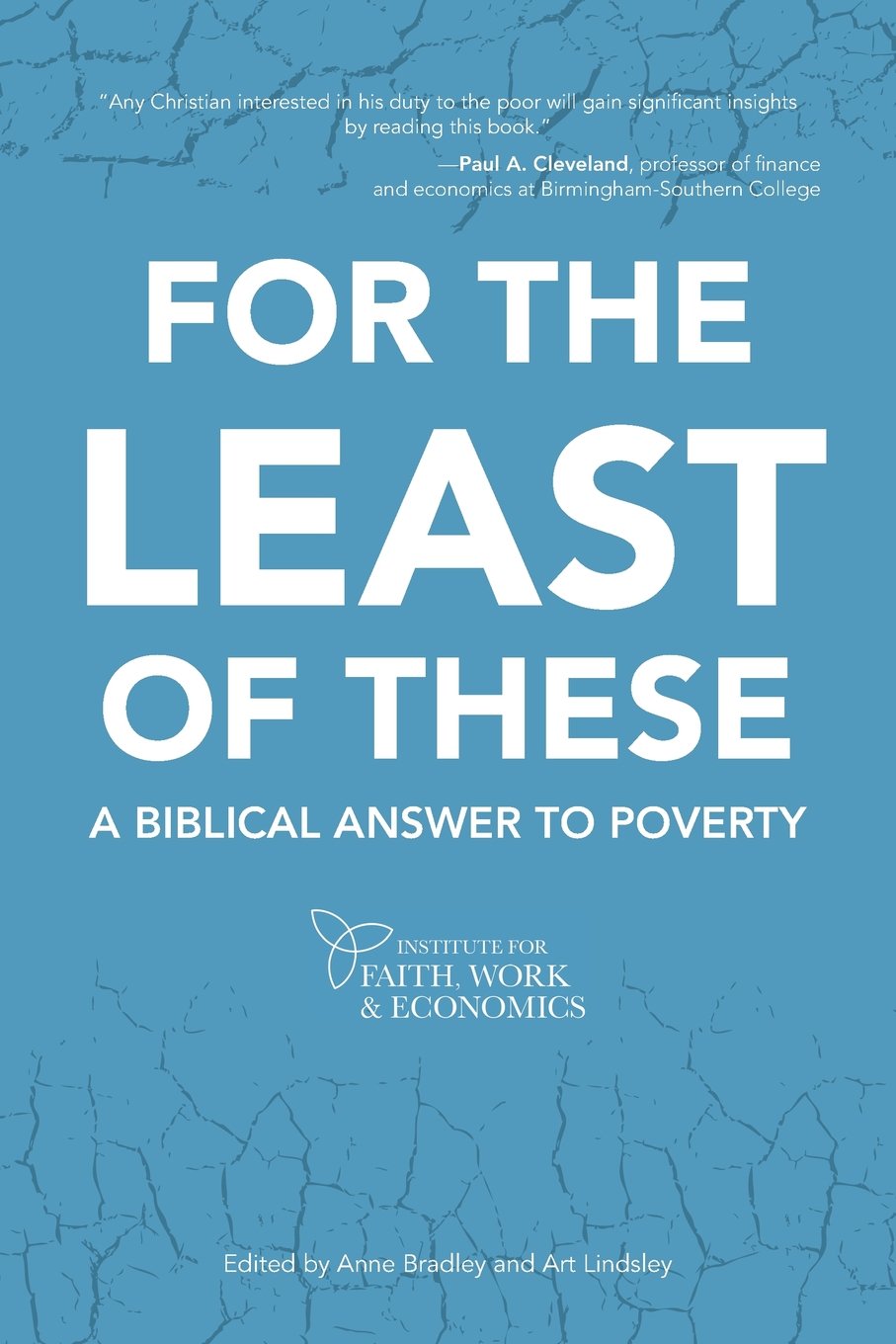
For the Least of These comprises a collection of short essays. Its purpose is clearly articulated by Arthur Brooks in the first paragraph of the Foreword: “The Christian Gospels make it abundantly clear that Jesus called on us to care for the poor. What is not at all clear, however, is the best means […]
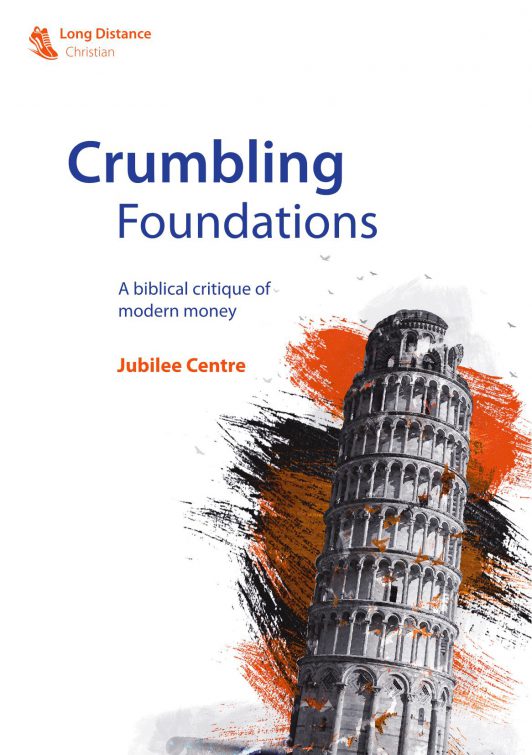
Crumbling Foundations is a stimulating and largely informative introduction to money and monetary systems. It includes a brief account of the history of money, an analysis some of the issues and problems of contemporary monetary systems, and some thoughts about how money might develop and diversify in the future. It also claims to be a […]

This book is a collection of previously published articles and one unpublished conference paper, with a new 46 page long introduction. It is therefore not a book that develops an argument skillfully and steadily, rather it hammers away at certain themes, sometimes repetitively. Streeck acknowledges this in his Note on the Text, where he […]
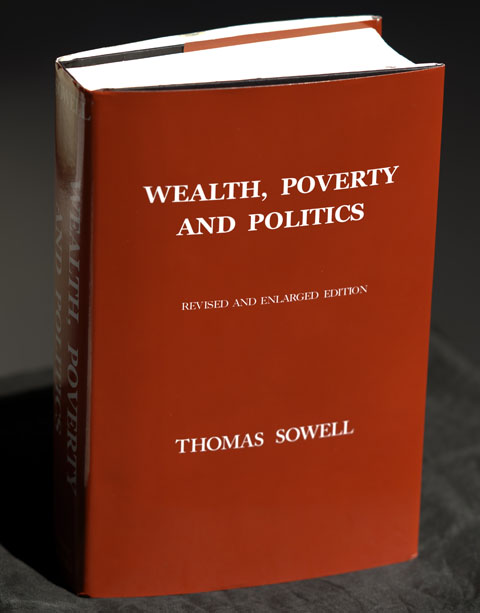
How much of modern Western social and economic policy is based on properly interpreted factual evidence and how much on unexamined assumptions and ideology? In Wealth, Poverty and Politics, Thomas Sowell, the venerable Senior Fellow at the Hoover Institution at Stanford University, sets out to demonstrate that rather more than is healthy is based […]
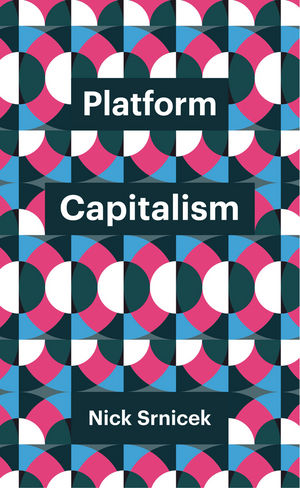
Those who have studied modern technology based or enabled companies will doubtless consider Platform Capitalism to be superficial. Srnicek does not provide any worked through suggestions that will be useful either to the makers of public policy or to those involved in the management of business and many of his conclusions are contentious and […]
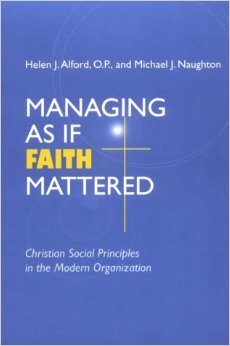
“Managing as if Faith Mattered” is the first volume in the Catholic Social Tradition Series, published by the University of Notre Dame Press in response to Pope John Paul II questioning how many Christians really know and put into practice the principles of the Catholic Church’s social doctrine. Its target audience is thus, first […]
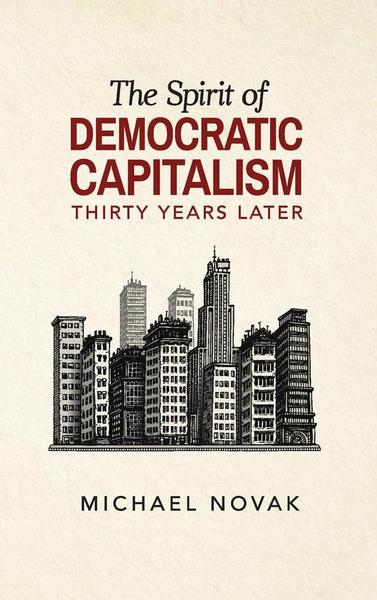
Revd Dr Ben Cooper is Minister for Training at Christ Church Fulwood in Sheffield. He holds doctoral degrees in both Theology and Economics. Before training for ordained ministry, he was a post-doctoral research fellow in economic theory at Nuffield College, Oxford. He is married to Catherine and has three children. Martin Novak is an American […]
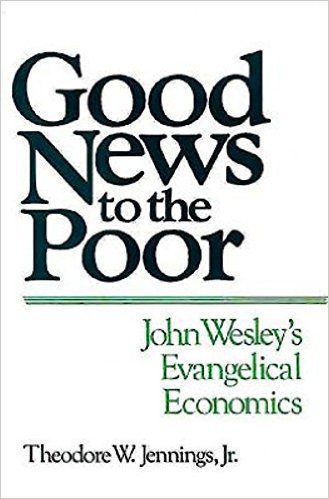
John Wesley’s influence in the history of Christianity is indisputable. His movement for ‘scriptural holiness,’ his foundation of Methodism as both movement and denomination, his organisational prowess, his spiritual passion for the established church, all form part of his legacy. His Journals, letters and sermons are a goldmine of information and insight. Naturally this […]

I first read this book shortly after it was published in 1994, at a time when I was starting to explore the interface between Christian ethics and economics. Re-reading it some twenty years later has been instructive, now that this field has been developed rather more and is taken seriously again by at least some […]
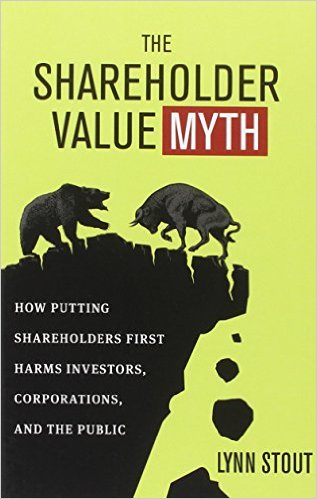
They often say ‘never to judge a book by its cover’, that initial external appearances can distort or even deceive the audience from the content that lies within. Well, the principle doesn’t apply here. Lynn Stout’s The Shareholder Value Myth attempts to achieve exactly what the title entails: a pure and straight forward critique […]
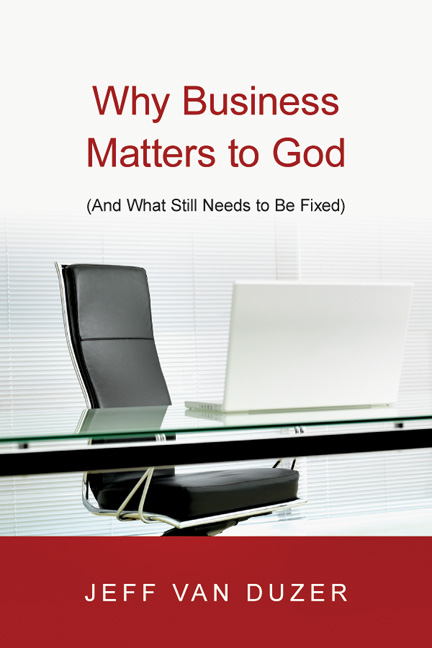
“Why Business Matters to God” is addressed to Christians. Jeff Van Duzer, now Provost of Seattle Pacific University and formerly Dean of its School of Business and Economics, suggests that Christians in business “have often been made to feel like second-class citizens in God’s kingdom” (page 9). His aim is to counter the attitudes that […]
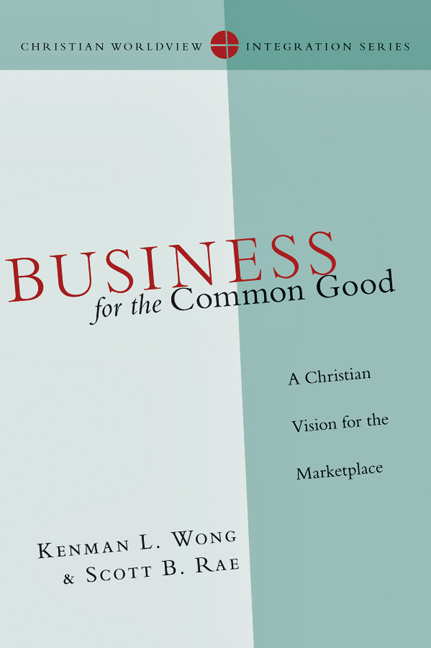
The concept of “the common good” dates back at least to Aristotle and has been used by political theorists, moral philosophers and economists down the ages, including people as diverse as Thomas Aquinas, John Locke and Adam Smith. It is a basic concept in Catholic social teaching and is easily understandable by all. However, […]
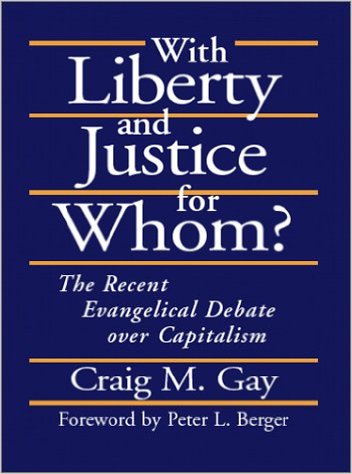
With Liberty & Justice for Whom? is an analysis of the views of conservative Protestants about capitalism. It was written a quarter of a century ago and its focus is on U.S. writers. It is thus dated in parts and, in any event, many outside the U.S.A. will feel that Gay’s analysis is not […]
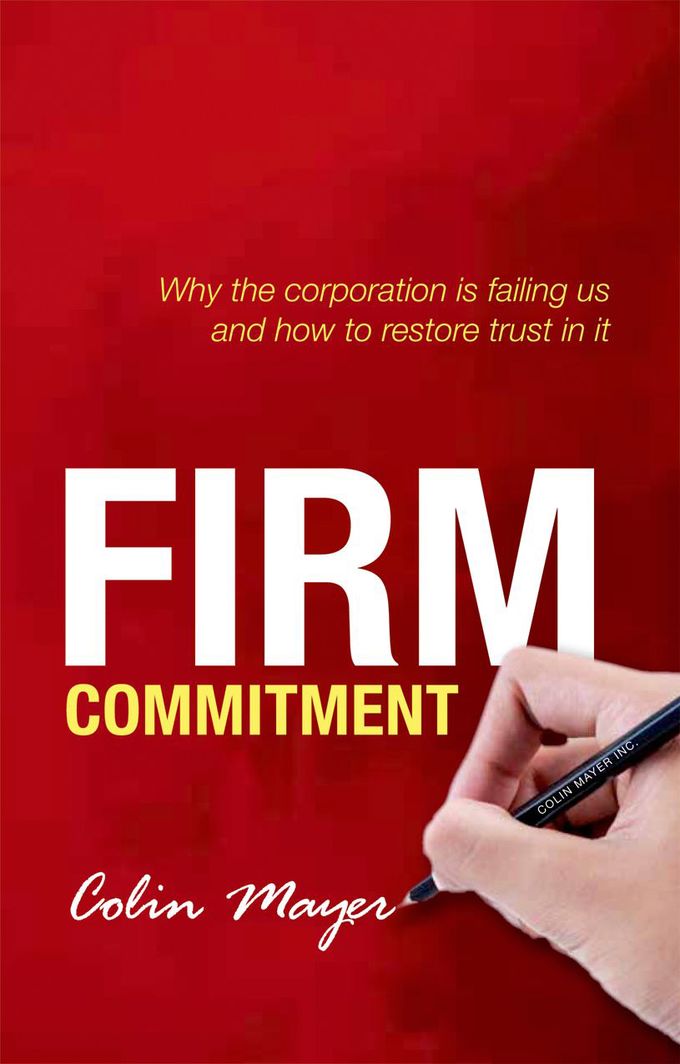
Colin Mayer is Professor of Management Studies at the Saïd Business School in Oxford. He believes that “the corporation is failing us” and that dramatic changes in the rights and obligations of those who control corporations are needed. Firm Commitment explains why and makes proposals for change. Mayer uses the term “corporation” to refer to […]
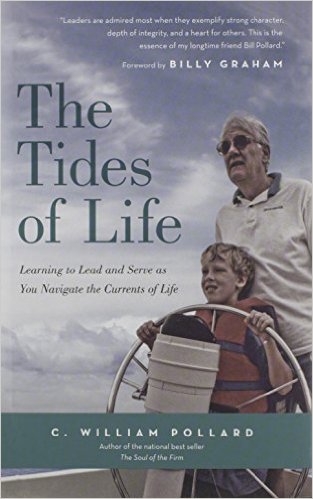
The Tides of Life is impossible to categorise: it is not an autobiography, although the majority of it comprises autobiographical material; it is not a business leadership and management manual, although it contains a lot about leadership and management; and it is not a systematic work about Christian living, although it is full of […]
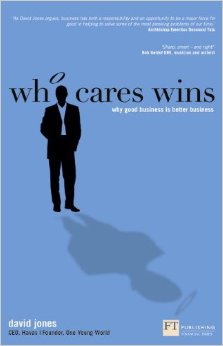
“Who cares wins – why good business is better business” by David Jones is a welcome addition to the emerging cohort of literature on the impact of Social Media on 21st Century contemporary life. The book seeks to address one the most pressing questions of our time: how is the internet and more specifically, Social […]

Today the role of the Christian church in business seems to be mainly, in England anyway, as a vocal critic of the capitalist system. Business and wealth creation– let alone the dreaded banking industry – is viewed with suspicion in many Christian circles. The role of addressing the ills of society seems, as far as […]